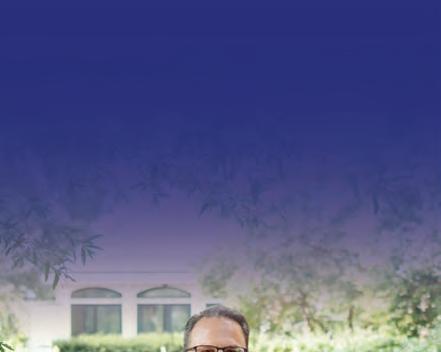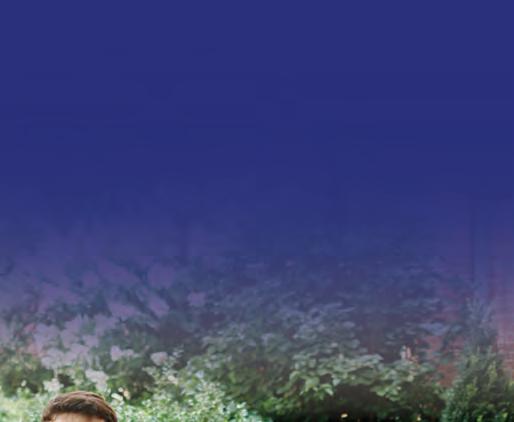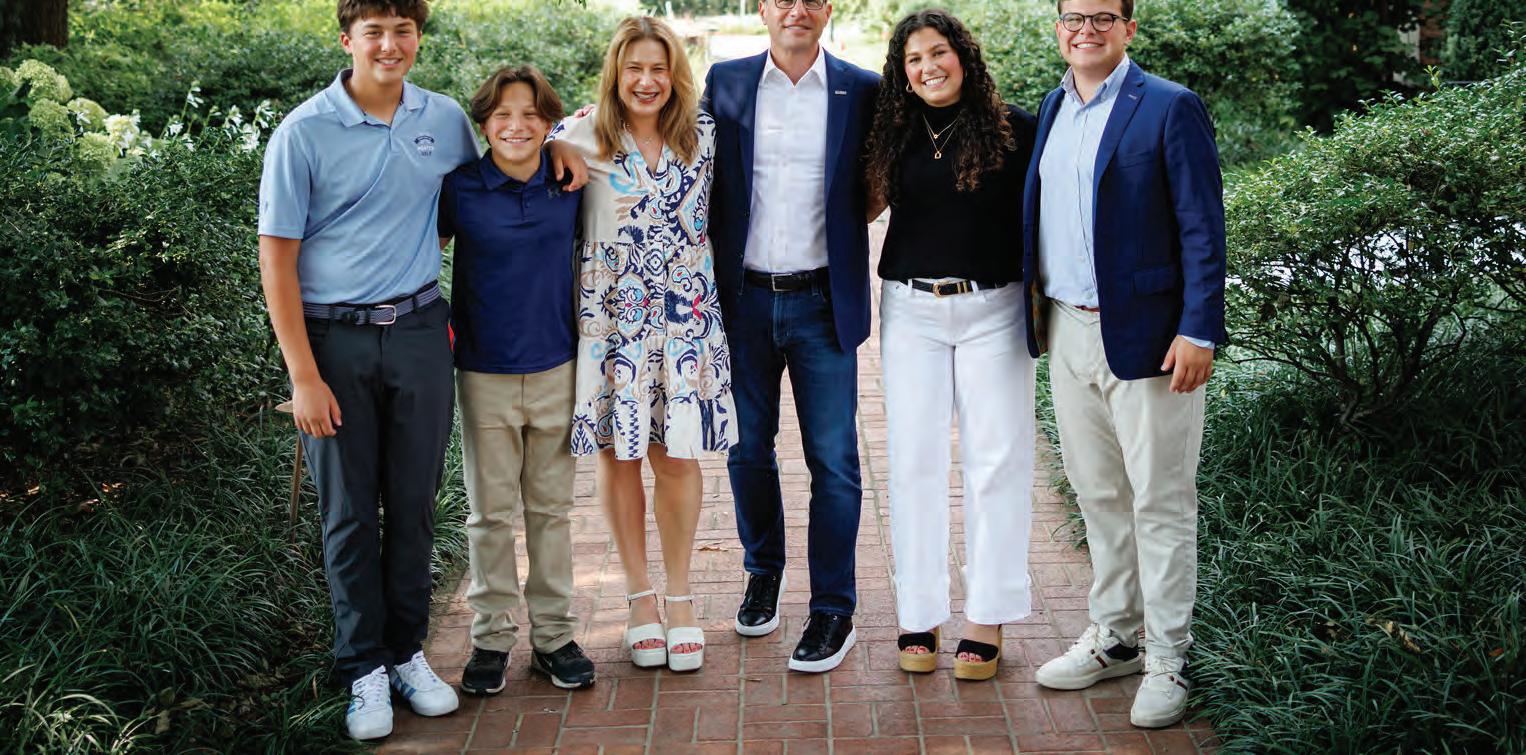
NOTEWORTHY
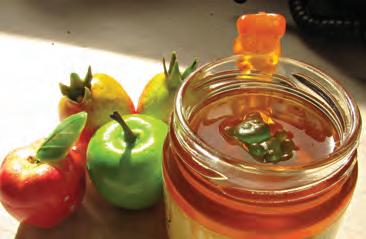
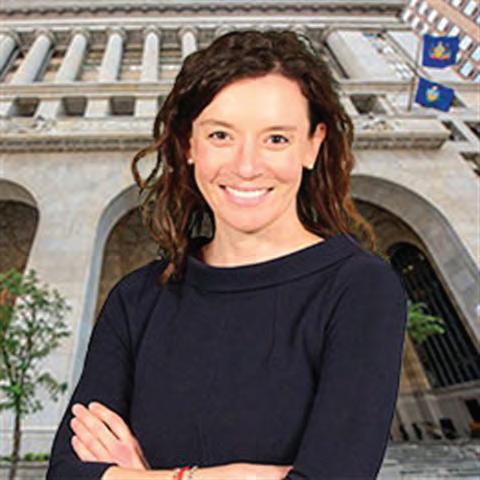
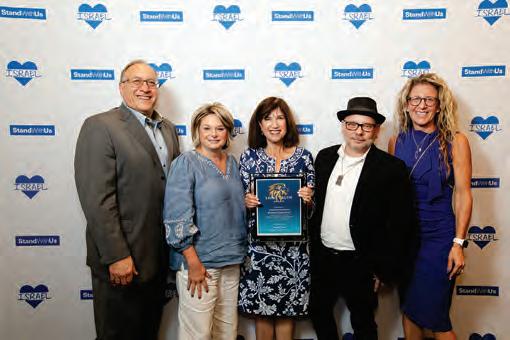
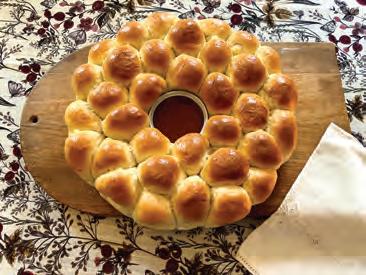










the cover of this week’s issue.
The Chronicle thanks all those who submitted artwork for our Rosh Hashanah art contest. We were impressed with the creativity of our community’s artists and artists-in-training!
The winner of our contest is Yafa Negrete. Her colorful untitled piece is on
First runner-up goes to Maryam Hall, age 9, for her submission “Bees Making a Sweet New Year For Us All.”
Yaakov Pollack, age 10, is our second runner-up winner for his untitled piece.
The Chronicle staff and board wish all our readers a happy and healthy new year! PJC
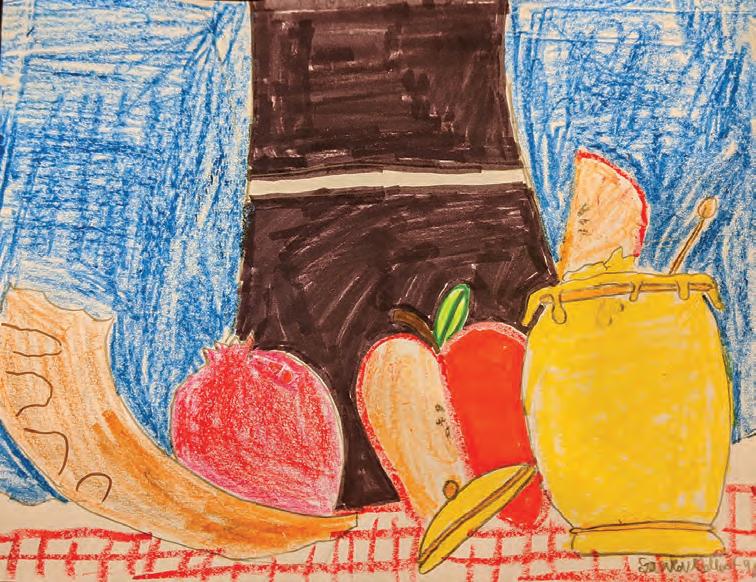
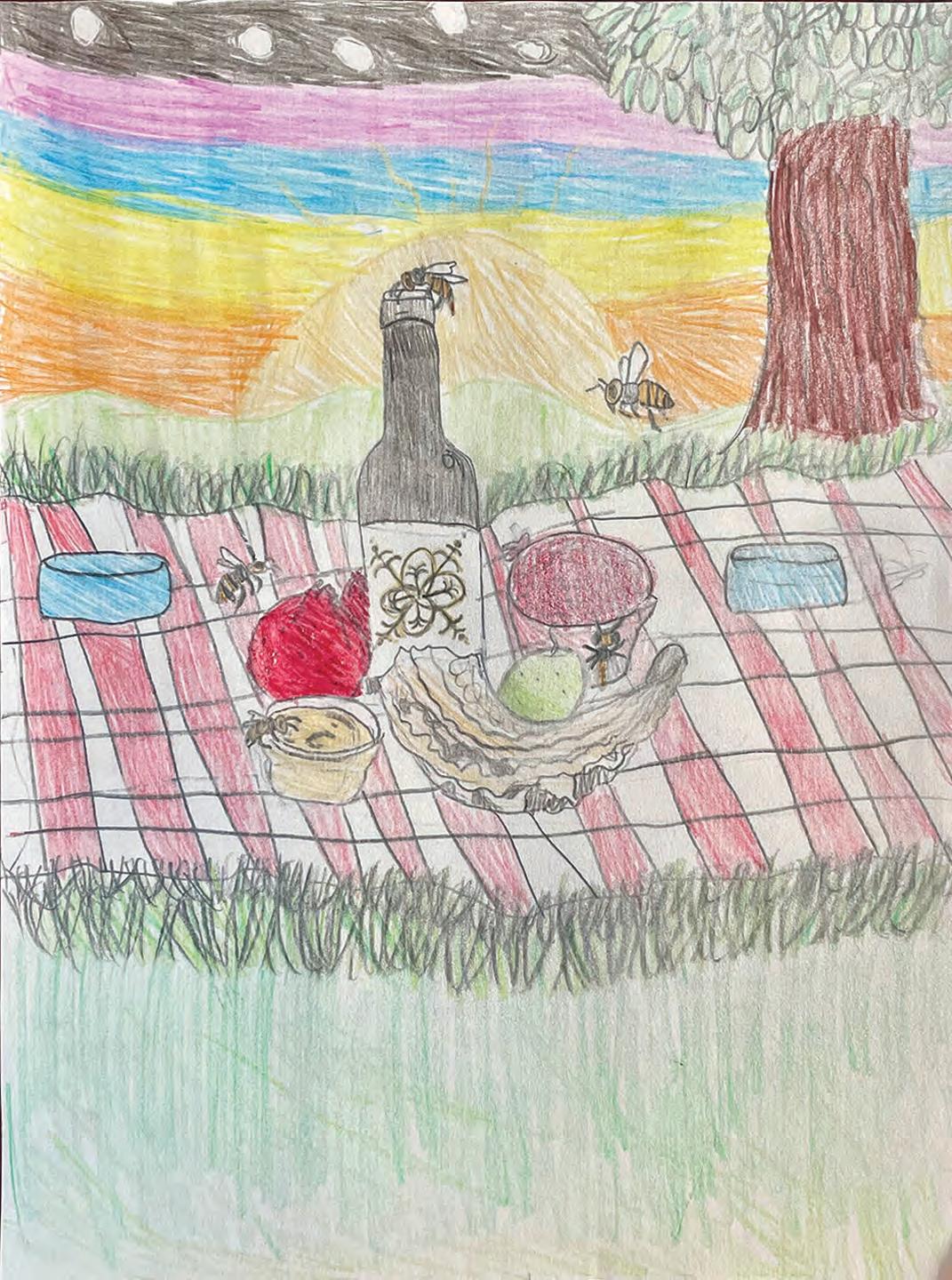

SUBSCRIPTIONS
subscriptions@pittsburghjewishchronicle.org 412-687-1000, ext. 2
TO ADVERTISE advertising@pittsburghjewishchronicle.org 412-687-1000, ext. 1
EDITORIAL DEPARTMENT
Email: newsdesk@pittsburghjewishchronicle.org
BOARD OF TRUSTEES
Evan H. Stein, Chair
Evan Indianer, Vice Chair
Derek Smith, Treasurer
Gayle R. Kraut, Secretary
Gail Childs, Dan Droz, Malke Steinfeld Frank, Seth Glick, Tammy Hepps, Judith Kanal, Cátia Kossovsky, Charles Saul
GENERAL COUNSEL
Stuart R. Kaplan, Esq.
Jim Busis, CEO and Publisher 412-228-4690 jbusis@pittsburghjewishchronicle.org
EDITORIAL
Toby Tabachnick, Editor 412-228-4577 ttabachnick@pittsburghjewishchronicle.org
Adam Reinherz, Senior Staff Writer 412-687-1000 areinherz@pittsburghjewishchronicle.org
David Rullo, Senior Staff Writer 412-687-1000 drullo@pittsburghjewishchronicle.org
ADVERTISING
Amy Weiss, Account Executive (412) 613-0697 aweiss@pittsburghjewishchronicle.org
15217
phone number: 412-687-1000 Subscriptions: 412-687-1000, ext. 2
PRODUCTION Jeni Mann Tough Production Manager Carl Weigel Art/Production Coordinator Subscriptions subscriptions@pittsburghjewishchronicle.org 412-687-1000, ext. 2
Published every Friday by the Pittsburgh Jewish Publication and Education Foundation 5915 Beacon St., 5th Floor Pittsburgh, PA 15217 Phone: 412-687-1000
POSTMASTER: Send address change to PITTSBURGH JEWISH CHRONICLE, 5915 BEACON ST., 5TH FLOOR PITTSBURGH, PA 15217 (PERIODICAL RATE POSTAGE PAID AT PITTSBURGH, PA AND AT ADDITIONAL MAILING OFFICES) USPS 582-740
Manuscripts, letters, documents and photographs sent to the Pittsburgh Jewish Chronicle become the property of this publication, which is not responsible for the return or loss of such items.
The Pittsburgh Jewish Chronicle does not endorse the goods or services advertised or covered in its pages and makes no representation to the kashrut of food products and services in said advertising or articles. The publisher is not liable for damages if, for any reason whatsoever, he fails to publish an advertisement or for any error in an advertisement. Acceptance of advertisers and of ad copy is subject to the publisher’s approval. The Pittsburgh Jewish Chronicle is not responsible if ads violate applicable laws and the advertiser will indemnify, hold harmless and defend the Pittsburgh Jewish Chronicle from all claims made by governmental agencies and consumers for any reason based on ads appearing in the Pittsburgh Jewish Chronicle
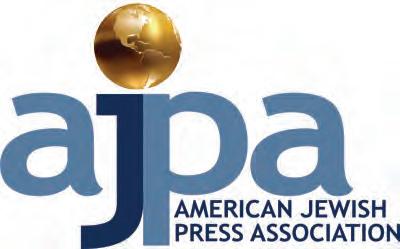
With Rosh Hashanah nearly here, rabbis tell Pittsburghers to be thoughtful, pray and make peace
By Adam Reinherz | Senior Sta Writer
With mere days until Rosh Hashanah, briskets, apples, honey and challah remain top of mind for many. For rabbis, though, it’s speeches. Tis the season of sermons, and whether the traditional holiday remarks will be delivered from a pulpit or in a newsletter, spiritual leaders have a lot to say.
Congregation Beth Shalom’s Rabbi Seth Adelson said his address will concern “holiness in time.”
With artificial intelligence creeping into all aspects of life, “we are on the cusp of a paradigm shift in our relationship to time,” he said. “What will the world look like when we may never be compelled to think for ourselves? How will we reapportion human time when all of that synthetic thinking is going on 24/7?”
The answer, Adelson said, is prescribed by faith. “Judaism wants us to slow down, to take time for holy activities, things which machines will likely never understand.”
His hope is that “as the world moves faster, we must retain the time-centered nature of our tradition,” which Adelson described as, “regular daily prayer at appointed times, holidays demarcated by time, and of course time spent learning and thinking about our textual tradition and how it will continue to shape our lives.”
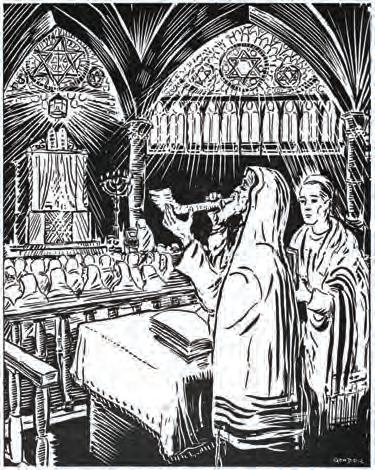
Temple Emanuel of South Hills’ Rabbi Aaron Meyer also senses growing unease with the fast pace of life.
“Social change — that many people perceive as threatening — is currently happening at a dizzying pace, and a sense of despair feels rampant right now,” he said. “Fortunately, Jewish tradition, and religion in general, gives us an ideal or a blueprint — an overlay in the writings of Joseph Soloveitchik — that we can continue to work toward so that we don’t lose our way when everything feels like we’re drinking out of a fire hose.”
Meyer surmised why days feel frantic.



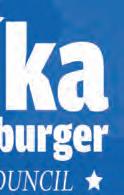


May your home be filled with the sweetness of honey and the warmth of community this Rosh Hashanah. Here’s to a year of new opportunities, personal growth, and abundant happiness.
“I worry that we in the American Jewish community are suffering from a curiosity deficit,” he said. “In the writings of George Lowenstein, a Carnegie Mellon University professor, when we only know a little bit, we tend to focus on that which we know. When we know a lot, our focus shifts to learning more and focusing on that which we don’t yet know.”
“We need to be asking more questions,” Meyer continued. “I think we need to be leading with curiosity instead of our own opinions, because division is tearing us apart.”
“There’s a lot happening that is distressing that we don’t have control over,” Dor Hadash’s Rabbi Amy Bardack told the Chronicle.
She pointed to the Israel-Gaza conflict, Ukraine-Russia war and “rapid changes in our federal government,” and said the High Holidays acknowledge that lack of control — through the Unetaneh Tokef prayer — yet also deliver a “recipe.” Teshuva, tefillah and tzedakah (repentance, prayer and charity), she continued, are practices that will “help you endure terrible decrees.”
Undertaking personal change makes a difference, Bardack said. “We actually can’t control what other people think. We can control, however, the self we present, the self we manage.”
Rabbi Avromi Teitelbaum, educational director at the Kollel Jewish Learning Center, said he’s approaching the season deliberately.
Instead of entering the High Holidays and
“thinking of them as a chore, or prayers and fasts,” Teitelbaum wants to see them as “an opportunity to connect.”
He draws support from memories of his teachers.
“I think back to my own rabbis, and how I saw them behave during the High Holidays, their tears and their passion,” he said.
Temple Sinai’s Rabbi Daniel Fellman is also trying to bridge past and present this High Holiday season.
With Rodef Shalom Congregation and Temple Sinai joining as a unified congregation on the first night of Rosh Hashanah, Fellman is leaning into both the start of the holiday and a new chapter in local congregational life.
“The initial piece for me is the beginning — the beginning of continuing the dreaming and imagining of this new community, and what this is going to look like writ large,” he said.
Congregational unity is not only powerful and beautiful, it’s a source of strength “in a time of difficulty,” Fellman continued. The world keeps changing at a “breathless pace,” and the time has come to “acknowledge that we’re not alone in this, that we’ve got others with us, and that we can do this together.”
Rabbi Hindy Finman, senior director of Jewish life at the Jewish Community Center of Greater Pittsburgh, said her sentiments have shifted since last year.
While she spent the last High Holiday season
Please
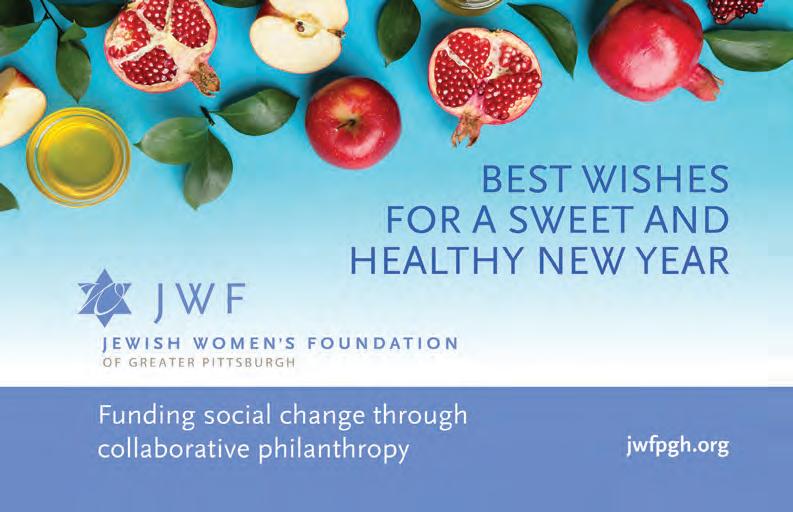

Councilperson Warwick and the entire District 5 team wish you and your loved ones a sweet, healthy, and joyful New Year. May this season of renewal bring peace and prosperity to our whole community.
Barb Warwick and the District 5 City Council Team
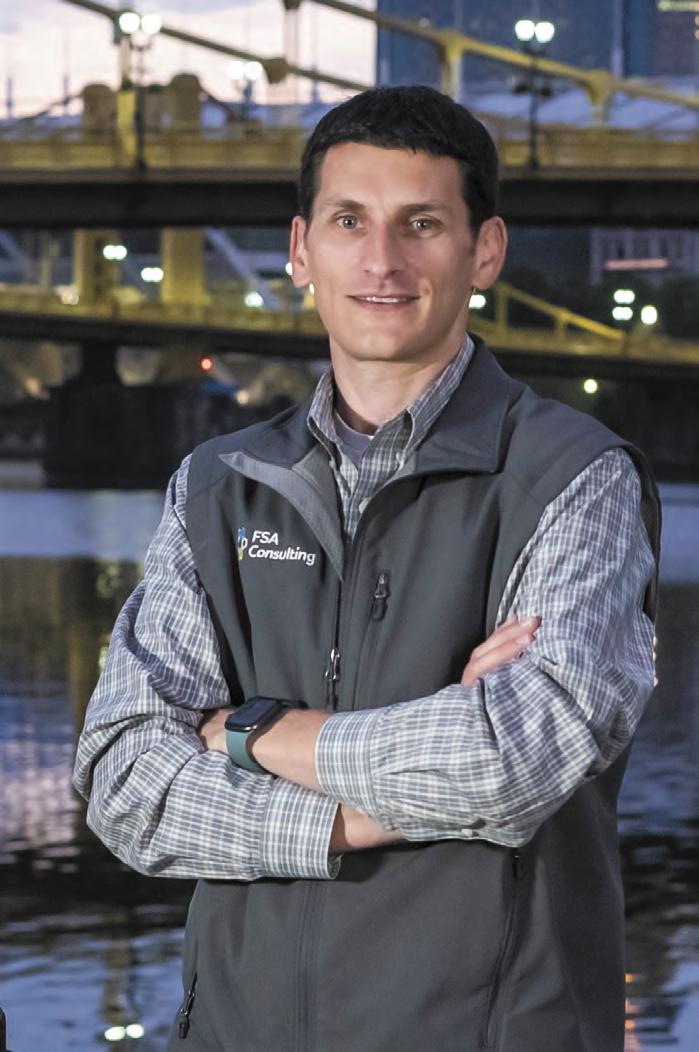
By David Rullo | Senior Sta Writer
Some may be surprised to see Rachael Heisler deliver a message to the Pittsburgh Jewish community from a bimah during the High Holidays.
Heisler has never spoken from a bimah before, has trouble recalling if she’s ever delivered a talk at a synagogue and isn’t Jewish. And yet, the Pittsburgh city controller will present “Antisemitism — Not a Jewish Issue” at Temple Ohav Shalom during services on the second day of Rosh Hashanah.
The talk is part of the “Rabbi and Friends” speaker series created by Ohav Shalom’s Rabbi Aaron Bisno. Previous speakers included Jewish Federation of Greater Pittsburgh President and CEO Jeff Finkelstein, Gefsky Community Scholar Rabbi Danny Schiff and Brian Schreiber, former Jewish Community Center of Greater Pittsburgh president and CEO.
Heisler said it’s “an honor” to join the Jewish community during the High Holidays. She believes it’s important to demonstrate allyship and share a message of community.
“This time of hyper-politicization is exhausting. People feel isolated and alone. I’m really looking forward to joining the holiday,” she said.
While she hasn’t spoken at a synagogue previously, Heisler is a familiar face to the Pittsburgh Jewish community.
Twice in the last two years, Heisler challenged referendums meant to force Pittsburgh to stop doing business with Israel; she’s a frequent attendee at public Jewish community events; and she was honored in 2024 by StandWithUs with the Shalom Award.
Because of her relationships with the community, Heisler has often been the target of both far-right white supremacists and far-left progressive groups angered by her support of Israel in its war against the terrorist group Hamas.
But Heisler believes it is necessary to stand up for marginalized groups who are targeted by hate.
“I think we need to do a better job as humans of recognizing hate and calling it when we see it,” she said. “I’m floored that this is till happening and getting worse. When I see the rhetoric and venom being spewed at the Jewish people, you have to show allyship.”
Heisler, Bisno said, has done “a wonderful job of being an advocate in the public square.”


Bisno is no stranger to building relationships across diverse groups. As the former senior rabbi of Rodef Shalom congregation, he fostered connections between different faith traditions and communities — a practice he continues at Ohav Shalom.

Both Christian Associates of Southwestern Pennsylvania and the Holocaust Center of Pittsburgh are helping to promote Heisler’s talk, and Bisno has invited clergy from across the region, including members of the North Hills Ministerium, to attend so that “Christian clergy can share in the themes of the Jewish New Year,” he said.
And, if they choose to come back monthly to hear all the speakers in the Rabbi and Friends series, Bisno said they’ll find the Allison Park congregation full of vibrancy and energy. The congregation has grown to 134 families — a 10% increase since Bisno began his tenure there a little more than a year ago.
The rabbi’s High Holiday sermons will include highlighting the congregation itself as it marks its 50th anniversary, and talking about its future.
Bisno will also discuss A.I. and virtual reality, or “the reality of virtue,” he said.
“If everything is artificial, how can we trust the information we’re using? What can we do to encourage our kids to focus on what matters now? How do we regain a sense of footing?” he said.
The importance of humor is another topic he’ll explore. It’s a message that, he said, has universal appeal.
“Pope Francis convened, in his last year, comedians from around the world that spoke about the spirit of laughter and that it’s the best medicine,” Bisno said.
Both the speaker series and High Holiday messages, he believes, will have interest beyond the Jewish community.
“That’s what we want, right? We’re choosing to not live in a cloister,” he said. “So, it’s meant to educate our members but it’s also to bring people into the congregation and bring them into the Jewish community.”
Heisler will speak at Ohav Shalom on Sept. 24 at 10:30 a.m. PJC
David Rullo can be reached at drullo@ pittsburghjewishchronicle.org.
The Tree of Life and other Jewish organizations in the region received threatening letters last week.
The Jewish Federation of Greater Pittsburgh said it was aware of the threats delivered by mail and is working with the FBI and law enforcement officers in active investigations.
“While deeply disturbing, we want to assure our community that safety and security remain our top priority,” Federation s aid in a statement to the Chronicle. “Our Federation security team continues to monitor the situation closely and is
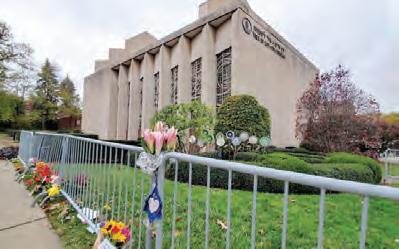
working to ensure that all Jewish institutions remain protected.”
Carole Zawatsky, CEO of the Tree of Life,
called the threats a reminder of the need to end hate in all forms.
“ We are more committed than ever to uprooting antisemitism and building compassionate, courageous communities,” Zawatsky said.
The Tree of Life building was the site of the worst incident of antisemitic violence when a gunman killed 11 people ce lebrating Shabbat from three congregations — Congregation Dor Hadash, New Light Congregation and the Tree of Life*Or L’Simcha Congregation.
Joyce Fienberg, Richard Gottfried, Rose Mallinger, Jerry Rabinowitz, Cecil Rosenthal, David Rosenthal, Bernice Simon, Sylvan Simon, Daniel Stein, Melvin Wax and
Irving Younger were all murdered in the attack.
A lan Hausman, president of the Tree of Life Congregation, said these types o f threats occur all too often in all communities, whether they are Jewish or not.
“ The letter our congregation received will not stop us from practicing our Jewish faith and living our values. Like Jewish communities everywhere, we t ake security seriously and are carefully preparing to safely and joyously celebrate the Jewish New Year in the coming weeks,” he said. PJC
— David Rullo
U.S. Rep. Summer Lee, who represents Squirrel Hill, has doubled down on her criticism of Israel as it continues its defensive war against the terrorist group Hamas.
Also on X, Lee retweeted a post from the far-left media outlet The Intercept, which quoted Lee as saying, “In the past two years, Israel has bombed nation after nation with no repercussions — all while conducting a genocide and manufacturing a famine in Gaza using U.S. taxpayer dollars.”
The Intercept article goes on to quote Lee as saying, “There must be accountability for
On Sept. 10, Lee posted photos of herself with pro-Palestinian activists Dr. Adil Husain, Cynthia Nixon and Morgan Spector on X and Facebook. She wrote: “Israel is committing a genocide, and there is no excuse to continue sending them bombs. I urge my colleagues to support our bill.”


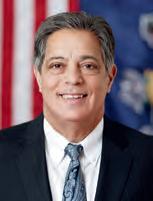

Israel’s unchecked power and destabilization of the region. The United States must implement an arms embargo immediately.”
In June, Lee joined 21 other Democrats to sponsor legislation that, according to Jewish Insider, pushes for “a series of sweeping and unprecedented new restrictions on U.S. aid to Israel, requiring specific authorizations from Congress for each transfer of numerous key weapons and guarantees from Israel about their use.”
Billed as the Block the Bombs Act, and
supported by CAIR (the Council on American-Islamic Relations) and the antiIsrael group Jewish Voice for Peace, H.R. 3565 would prohibit the president from selling or transferring several types of defensive arms to the Jewish state in the absence of a specific law passed by Congress. Since June, two dozen additional House Democrats have joined as co-sponsors of the bill. PJC
— Toby Tabachnick




The B’nai B’rith Aaron Grossman Lodge #339 of Youngstown Ohio wishes you and your family a happy, healthy and prosperous new year.
The B’nai B’rith Aaron Grossman Lodge #339 of Youngstown Ohio wishes you and your family a happy, healthy and prosperous new year.
Shana Tovah Umetukah
“May you have a good and sweet year”
Shana Tovah Umetukah
Alan H. Samuels, President | Samuel M. Bernstine, Vice President
“May you have a good and sweet year”
Board of Directors
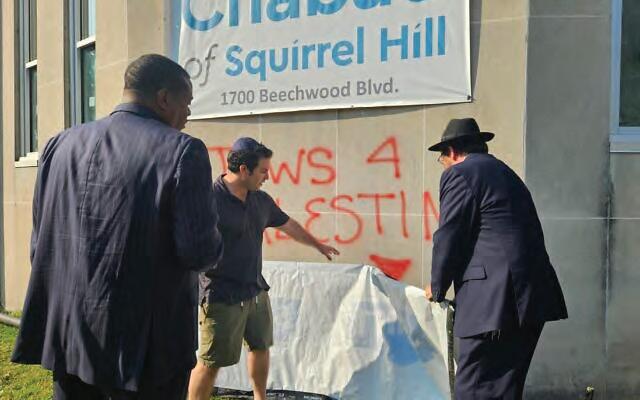
on our entire community,” Altein wrote.
By David Rullo | Senior Staff Writer
The graffiti incident, he said, caused fear and distress among Chabad’s members, leading to parents and seniors expressing feelings of anxiety and vulnerability.
AAlan H. Samuels, President | Samuel M. Bernstine, Vice President
Herb Braverman | Arnold Clebone | Cari Margulis Immerman
t a Sept. 10 hearing, U.S. District Judge Christy Criswell Wiegand sentenced Talya Lubit to five years of probation and ordered her to pay $10,534 in restitution.
The graffiti on Chabad’s building included an inverted red triangle, a symbol used by Hamas to mark its targets.
www.bnaibrith.org | For membership call 724-730-3909.
Board of Directors
Herb Braverman | Arnold Clebone | Cari Margulis Immerman
Lubit, 24, pled guilty at a May 15 federal hearing to conspiracy to commit an offense against the United States and damaging or defacing religious property.
www.bnaibrith.org | For membership call 724-730-3909.

She was arrested last year with Mohamad Hamad in connection with graffiti painted on the property of Chabad of Squirrel Hill and the Jewish Federation of Greater Pittsburgh. In April, the federal government filed a superseding indictment and added Micaiah Collins as a defendant for her alleged role in building bombs with Hamad, a former member of the Pennsylvania National Guard and Hamas sympathizer.
Lubit’s father, mother and sister attended the hearing, as did Federation employees, including Jessica Brown Smith, the organization’s COO, who read a victim impact statement to the court.
In the impact statement, Smith said the crime Lubit committed was not simply vandalism, but rather “a deliberate act of antisemitism meant to intimidate and retraumatize an entire community.”
The Pittsburgh Jewish community, Smith said, was still healing from the 2018 Pittsburgh synagogue shooting, calling it “the worst act of terrorism against Jews since the Holocaust.” As a result, Smith said, Lubit’s act was particularly despicable and revived deep feelings of “fear, violation and vulnerability.”
Because of Federation’s central role in Pittsburgh’s Jewish communal life, Smith said, the attack was against the “heart of a community.”
“Its premeditated nature based on our remote location made it clear that the target was not just property, but our employees. While we remain resilient, the impact of this act of hate was profound and enduring,” she concluded.
Chabad of Squirrel Hill Rabbi Yisroel Altein did not attend the hearing, but sent a written victim impact statement, in which he said the damage to his organization’s building was “symbolic.”
“Seeing our property defaced in this way sent a message of hostility and intimidation, and it was experienced by many as an attack
“Beyond the emotional toll, Chabad was forced to invest time, effort, and resources into cleaning, repairing, and increasing security at our center,” Altein wrote. “Funds that would otherwise have supported community programming and outreach had to be diverted to address the damage and restore a sense of safety. This act of vandalism disrupted that mission and left a lasting impact on those who call our center their home.”
The judge said she received several letters supporting Lubit — who is Jewish — including one from Lubit’s sister and another from Chabad of Pitt’s Rabbi Shmuli Rothstein.
In an excerpt from Rothstein’s letter read in court, the rabbi wrote that Lubit would be welcomed again at his organization.
Delivering a short, prewritten statement, an emotional Lubit addressed the court, stopping at times to fight back tears.
She expressed regret for her actions and said she took responsibility for what she had done.
“I’m responsible for hurting people,” she said. “I’m so sorry.”
Wiegand could have sentenced Lubit to up to a year in prison or home detention, but said she didn’t because Lubit has a history of mental health issues and no other criminal history.
Following the sentencing, the Federation issued a statement saying it welcomed the sentence for “a deliberate act of antisemitism targeting our community.”
“We are grateful to the Department of Justice, the FBI and local law enforcement for their thorough investigation and commitment to ensuring accountability. Their work reminds us that hate has no place in Pittsburgh or anywhere in our country,” the statement said.
“We remain steadfast in our mission to strengthen Jewish life and to build bridges of understanding and respect across Pittsburgh,” the statement continued. “Today’s sentencing is an important reminder that hate will be met with justice, and our community will continue to stand strong.”
A hearing is scheduled for Mohamad Hamad, Lubit’s co-conspirator, in October. PJC
David Rullo can be reached at drullo@ pittsburghjewishchronicle.org.

À La Carte items:
Sliced Nova
Ge lte Fish with Horseradish
White sh Salad
Albacore Tuna Fish Salad
Egg Salad
Chicken Salad
Fruit Salad
Wine Herring
Creamed Herring
Nova Displays:
Display #1
$29.00 (lb)
$7.00 (ea)
$18.00 (lb)
$13.00 (lb)
$13.00 (lb)
$13.00 (lb)
$8.00 (lb)
$11.00 (lb)
$11.00 (lb)
Cheese Blintzes
Noodle Kugel
Bagels
$2.25 (ea)
$14.00 (serves 4-6)
$26.00 (serves 8-10)
$14.00 (1 dozen)
$1.20 (each)
Cream Cheese $4.00 (ea)
Grandma’s Co ee Cakes
$23.00 (sm)
$32.00 (lg)

Nova, Bagels, Cream Cheese, Tomatoes, Red Onions, Cucumbers & Capers
$17.00 (per person)
Display #2
Nova, Bagels, Cream Cheese, Tomatoes, Red Onions, Cucumbers & Capers; Pick 2 of the following: Albacore Tuna Salad, Egg Salad, White Fish Salad
$22.00 (per person)
Last date to order is Friday September 26th
First date to pickup is Tuesday September 30th











By Toby Tabachnick | Editor
The Pittsburgh Jewish Chronicle was honored last week by StandWithUs at a community reception that drew a crowd of more than 300 community members — Jewish and non-Jewish — celebrating SWU’s work in fighting antisemitism and supporting Israel.
The Chronicle received the Lion of Truth in Journalism Award at the Sept. 9 event, held at Rodef Shalom Congregation.
Two local students were also honored for their work in confronting antisemitism and defending Jewish identity: Miriam Levari, who graduated in June from Hillel Academy; and Harrison Romero, a senior at the University of Pittsburgh. Levari was a SWU Kenneth Leventhal High School intern during the 2024-2025 academic year. Romero is a former SWU Emerson Fellow at Pitt.
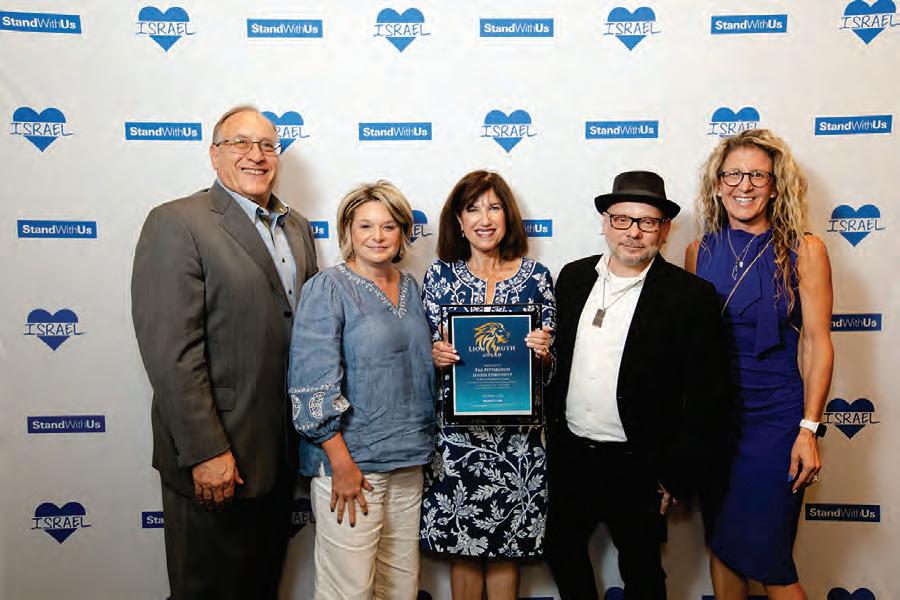
Julie Paris, Mid-Atlantic regional director of SWU, introduced the evening’s programming by describing the challenges Pittsburgh’s Jews have faced since Oct. 7, 2023.
“Imagine this,” she began. “You’re the parent of a 10-year-old child with a Jewish last name, who comes home from camp and tells you that a counselor told her that Jews and Isaelis are murdering and starving Palestinians.
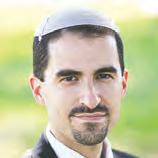

assignments and tests.
“Sadly, these are not fictitious examples,” Paris continued. “They are real-life incidents that our community members have faced in just the last few months, and all of them turned to StandWithUs for help.”
She described the surge of antisemitism and anti-Zionism as “a national emergency.”
Paris spoke of the Chronicle’s dedication to truth before presenting its award.
“In a time when ‘facts’ seem optional for far too many in the media world, the PJC has remained steadfast in its commitment to responsible journalism,” she said. “They have consistently pushed back against narratives that demonize and delegitimize, while also giving voice to the complex issues that shape our lives.”
“Imagine you’re a student at a university, running for a position in student government, and other students are encouraging people not to vote for you because you’re a Zionist.
“Imagine you’re the only Jewish teacher in a local school district who has students wearing keffiyehs only in her classroom, and scrawling “Free Palestine” on only her
The night’s keynote speaker was Luai Ahmed, a 31-year-old Yemeni journalist and content creator. He grew up in the capital of Sanaa, where he was indoctrinated with antisemitic ideology. In conversation with Rona Kaufman, an associate professor of law at Duquesne University, he told attendees how he overcame his prejudices after moving to Sweden at the age of 20, where he befriended some Jewish students and realized that the dogma drilled into
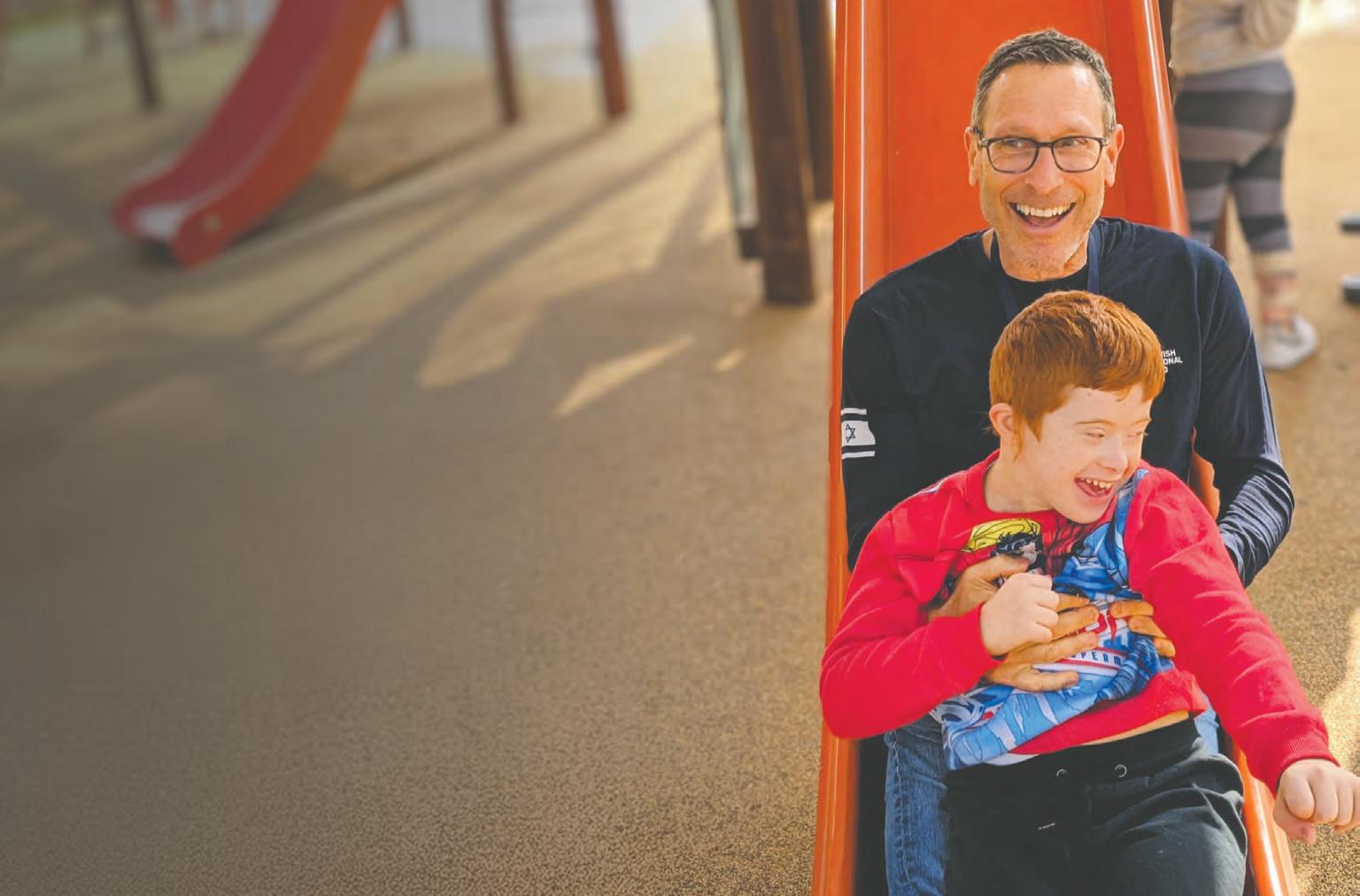

HONORARY CHAIR: EVA TANSKY BLUM
CHAIRS: NANCY AND STEVEN COHEN
JOSHUA SHAPIRA

By Abigail Hakas | Special to the Chronicle
Until a few years ago, Marion Ein Lewin never talked about how she survived the Shoah. But in 2020 during the pandemic, she was inspired to write an op-ed for the Los Angeles Times about her memories of the Holocaust.
“Celebrating Passover during the COVID-19 pandemic brings back memories of seders spent in the Bergen-Belsen concentration camp, starting when my twin brother and I were 6 years old,” she wrote.
Later, LA Times columnist Steve Lopez wrote about Lewin and her twin brother Steven’s story of survival, connecting them with the daughters of their childhood nanny, Marretje, who named one of her daughters Marion.
But despite rarely speaking of her life before coming to America, Lewin holds many memories of growing up in Amsterdam before the war.
“I really remember the windmills and tulips and skating on the ice,” she said. “It’s such a picturesque country, and it’s very much a country for children because it’s so scenic and so small.”
She also remembers when it changed.
“I remember because I never heard such a loud noise in our beautiful apartment. Those were those boots that the Nazis wore,” she said. “They spoke in a very loud and aggressive tone, German, which my parents, who had come from Germany to escape Hitler, knew, but for me, it was new. You had to rush and get dressed. And it seemed, even at my age, very scary and very ominous.”
Her story is unique for two reasons: Her entire family survived, and she and her brother are widely considered the only surviving twins of the Holocaust who are still alive. It’s a story she shared during a Holocaust Center of Pittsburgh event at Rodef Shalom on Sept. 10.
Lewin’s family – she and her mother, father and brother – were arrested in 1943 and taken to the Westerbork camp in the Germanoccupied Netherlands.
After being held there for months, the family was loaded on a train with no idea where they were headed.
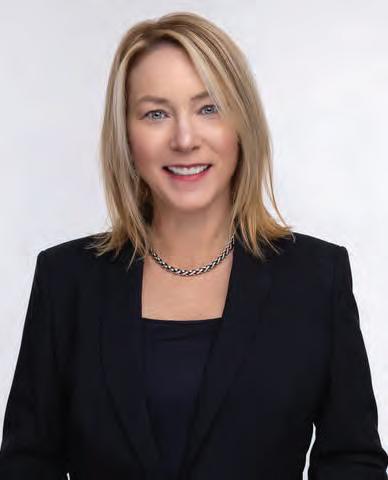
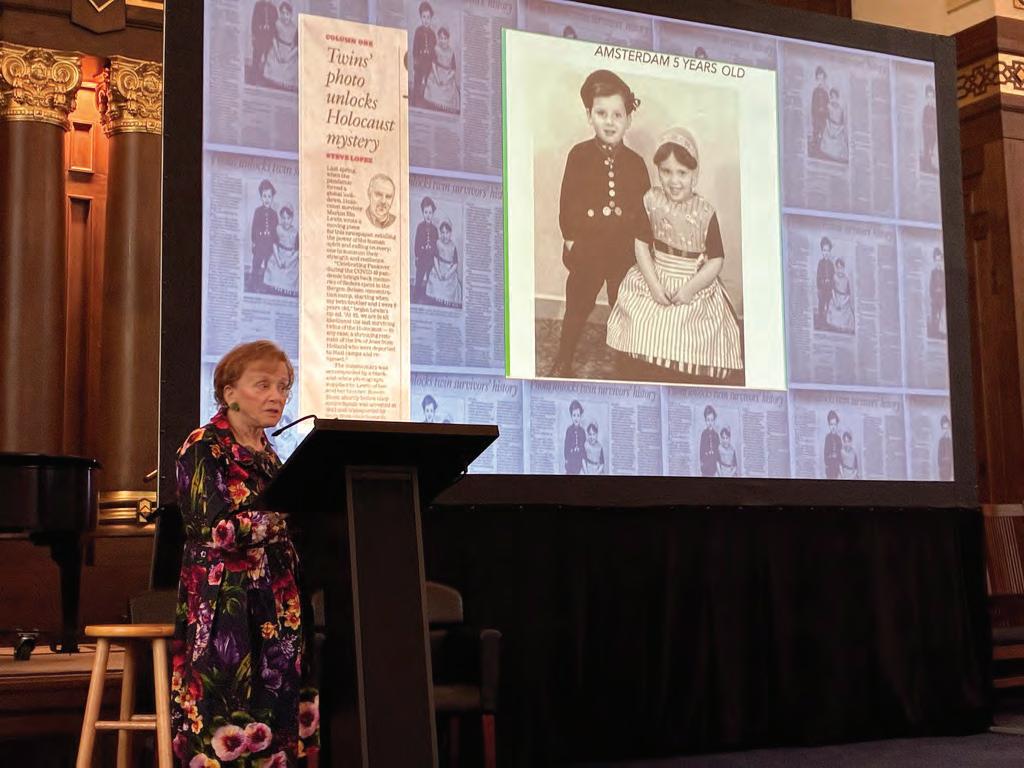
“I will always feel especially blessed that I survived the Holocaust and my whole family did. But on the other hand, if you go through an experience like that, you want to grab the world and learn and discover and see.”
–MARION EIN LEWIN
They were taken to Bergen-Belsen, a concentration camp in Germany.
Lewin said the Nazis had calculated how long people would last and that a child could survive up to a year. Mass graves were commonplace at the camp.
“My brother and I learned how to count by counting corpses,” she said. “I know that sounds horrific, and of course it is horrific, but that was our life. It was like seeing cars parked in front of your door.”
The oldest women in the camp took care of them, telling Lewin’s mother that the twins were “very unruly.” She and her brother developed a secret language, a version of pig latin, to communicate.
They kept themselves busy with games they created: taking lice out of their hair, lining them up and counting them, or seeing who could make the straightest line.
In the crowded camp, prisoners had to share bunk beds. Lewin and her brother were always the first picked by others to share the small beds because they were so skinny that they didn’t take up as much space as others.
For one of the twins’ birthdays, their parents gave them bread with butter and chocolate sprinkles. They rationed it out for weeks, eating little crumbs every day.
Bergen-Belsen was liberated on April 15, 1945, but Lewin’s family and 2,500 other prisoners had already been put on a train. Over the
course of a 13-day journey, a third of those on the train died from lack of water and food.
Finally, the train was liberated by Russian soldiers in eastern Germany, and Lewin’s family returned to Amsterdam before moving to America.
Her family came to New York in 1947 to start anew. They traveled on the RMS Queen Elizabeth, a luxury liner that proved a shock for Lewin after years of suffering.
“I thought I’d entered paradise to be somewhere where you had a white sheet and towels,” she said.
She and her brother were just 9 years old when they moved to New York. As young Holocaust survivors, they spent the first six months at events, meeting prominent figures and political leaders: Eleanor Roosevelt, the head of the United Nations or the mayor of New York.
But Lewin wanted a sense of normalcy and asked her mother why she wasn’t in school. Her mother explained that people wanted to honor them as Holocaust survivors.
“I said to my mother, ‘But I don’t always want to be known as a Holocaust survivor. I want to be known as an American girl,’” Lewin recounted. “Of course, I will always be a Holocaust survivor. I will always feel especially blessed that I survived the Holocaust and my whole family did. But on the other hand, if you go through an experience like that, you want to grab the world and learn and discover and see.”
Lewin and her brother were placed in kindergarten, moving up a grade every few weeks until they caught up with other kids their age.
But the memories of the Holocaust didn’t leave Lewin, and her Los Angeles Times op-ed sparked a series of public talks, and eventually, a book in 2023.
Lewin and her brother helped Faris Cassell — an author and journalist — write a book on their experiences: “Inseparable: The Hess Twins’ Holocaust Journey through Bergen-Belsen to America.”
“They say never forget, and we have to remember because people have forgotten,” Lewin said. “Our Holocaust journey, it was truly a tale of horror, slaughter, but also a story of hope, resilience and overcoming.” PJC
Abigail Hakas is a freelance writer living in Pittsburgh.
Jewish community
Happy, Healthy New Year!


By Tim Miller | Special to the Chronicle
The beauty of Rosh Hashanah is the beauty of imperfection, and nothing is messier than the present moment. As one Talmudic sage put it, while we are told in Leviticus that a maimed animal is unfit for sacrifice, “Whatever makes an animal ritually unfit makes a man ritually fit.” That is to say, while imperfections make an animal unfit for sacrifice, human imperfections make us fit for doing what God wants — teshuvah
During Elul and Tishri especially we are supposed to admit that we have failed in the past year, and we should be prepared to say the same thing next year. Similarly, the Talmud declares, “Where those who do teshuvah stand, the completely righteous cannot stand.” In other words, the journey of teshuvah is more human, more essential and more realistic than the path of someone who pretends to have thrown off all of their negative impulses and misdeeds.
As Arthur Green put it, the message of Elul through Yom Kippur “is that human change is really possible. In the face of all our cynicism, all the versions of determinism (genetic, Freudian, economic and all the rest), that serve as excuses for us not to try to get our lives in gear, the Yamim Noraim come each year to remind us that it is possible to change our lives.”


One egg, one grave
The 19th-century rabbi Hayyim of Zans told a story of a mother of many children who found a single egg. She called her children around her and immediately made plans for it: She would ask to put it under the neighbor’s hen, and she would hold onto the resulting chick as well as the eggs it would lay, until she had enough to sell to









Leon Wieseltier writes movingly of the first Rosh Hashanah after his own father’s death. His parents, he said, had always watched with “an unspoken bitterness” as their friends and neighbors trekked to the cemetery every Elul, to mourn at the graves of their relations. Since Wieseltier’s extended family were all murdered and buried in Europe, this ritual was not possible for them until his father died. “It is no wonder, I guess,” Wieseltier writes, “that my mother’s mourning for my father became a kind of super-mourning, an encompassing sorrow, in which she could at last perform the duties of a mourner not only for her husband, but also for her father and her mother and her brother.” And he says, noting the peculiarity of this Jewish circumstance, “We will greet a grave with gladness.”
The Akedah
buy a cow. This goes on and on until, distracted by her own story, the mother drops the egg and it breaks. Hayyim of Zans concludes, “That is how we are. When the Holy Days arrive, every person resolves to do teshuvah, thinking in his heart, ‘I’ll do this, I’ll do that.’ But the days slip by in mere deliberation, and thought doesn’t lead to action.” Perhaps this year it can.
Many of the stories associated with the High Holy Days are about families. This is perhaps why it took becoming a parent to really see (I won’t say understand) the Akedah. The near-sacrifice of Isaac by his father is something like Shakespeare, Cecil B. DeMille and Greek tragedy all rolled into one — but what makes it Jewish is that heartbreaking family dynamic. The author and rabbi Burton Visotzky compares the impossible deed that Abraham (almost) commits to the accumulated difficulties that parents unwittingly put on their children every day. Visotzky points to the challenges of being a rabbi’s child and says, “In
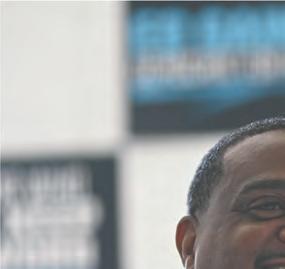

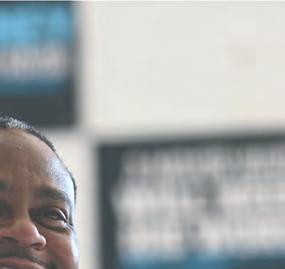
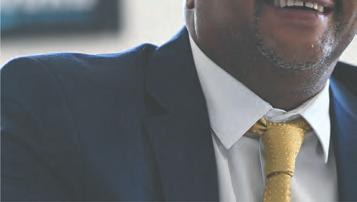
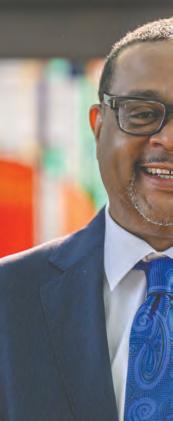
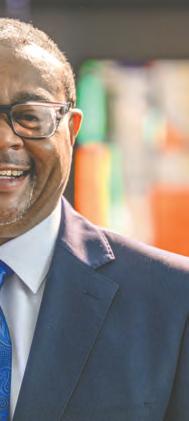
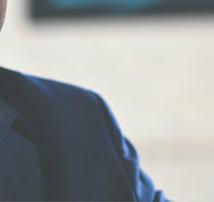

Submit calendar items on the Chronicle’s website, pittsburghjewishchronicle.org. Submissions also will be included in print. Events will run in the print edition beginning one month prior to the date as space allows. The deadline for submissions is Friday, noon.
q SUNDAY, SEPT. 21
Join Rabbi Hazzan Jeffrey Myers for a cemetery service and visitation of your relatives and friends. 10 a.m. Tree of Life Memorial Park Cemetery, 2062 Reis Run Road, Franklin Park. treeoflifepgh.org.
Pliskover Association will be having cemetery visitation (Kaver Ovot) at the Pliskover Cemetery. Sara Stock Mayo will be available to assist with prayers at your relatives’ graves. 10 a.m. 27 Green Oak Drive. pliskover.com.
All kids are invited to a pre-Rosh Hashanah Challah Bake, where they will make and braid their own challah to take home — plus enjoy a fun kitchen chemistry workshop with Mad Science. $10/child. 1 p.m. 1700 Beechwood Blvd. chabadpgh.com/kidscooking.
Join Chabad of the South Hills for a Shofar Sound Lab for kids. Shofar making demonstration, bake your own shofar-shaped honey cake. Kids dinner included. $12 before Sept. 17; $15 after Sept. 17. 4:15 p.m. 1700 Bower Hill Road. chabadsh.com/kids.
q SUNDAYS, SEPT. 21–DEC. 28
Join Chabad of Squirrel Hill for its Men’s Tefillin Club. Services and tefillin are followed by a delicious breakfast and engaging discussions on current events. 8:30 a.m. 1700 Beechwood Blvd. chabadpgh.com.
Join a lay-led online Parashah study group to discuss the weekly Torah portion. No Hebrew
knowledge needed. The goal is to build community while deepening understanding of the text. 8:30 p.m. For more information, visit bethshalompgh.org/online-parashah.
q MONDAYS, SEPT. 22-DEC. 29
Join Congregation Beth Shalom for a weekly Talmud study. 9:15 a.m. For more information, visit bethshalompgh.org.
Join Temple Sinai for an evening of mahjong every Monday (except holidays). Whether you are just starting out or have years of experience, you are sure to enjoy the camaraderie and good times as you make new friends or cherish moments with long-term pals. All are welcome. Winners will be awarded Giant Eagle gift cards. All players should have their own mahjong cards. Contact Susan Cohen at susan_k_cohen@yahoo.com if you have questions. $5. templesinaipgh.org.
q TUESDAY, SEPT. 23
Join CGI Squirrel Hill and CDS for shofar in the park with activities, treats and more. 4 p.m. CDS field (inside if raining), 6424 Forward Ave. chabadpgh.com/shofar.
q WEDNESDAYS, SEPT. 24–DEC. 31
Temple Sinai’s Rabbi Daniel Fellman presents a weekly Parshat/Torah portion class on site and online. Call 412-421-9715 for more information and the Zoom link.
Bring the parashah alive and make it personally relevant and meaningful with Rabbi Mark Goodman in this weekly Parashah Discussion: Life & Text. 12:15 p.m. For more information, visit bethshalompgh.org/life-text.
Join Chabad of the South Hills for Baby Loves Shabbat, music and movement for ages 0 to 3. Challah making and Shabbat songs. 3:45 p.m. 1701 Bower Hill Road. chabadsh.com.
q THURSDAY, OCT. 9
Join Chabad of the South Hills for Seniors in the Sukkah. Enjoy holiday music, a special Sukkot program a delicious lunch, and shake the lulav and etrog. Presentation on Medicare and making the right Medicare choice for open enrollment. $5 suggested donation. 1 p.m. 1701 McFarland Road. chabadsh.com.
q FRIDAY, OCT. 10
Bring a vegan dish to Temple David on Erev Shabbat Chol HaMoed for the Ninth Annual Vegan Sukkot Potluck in the sukkah and social hall. Services follow at 7:30 p.m. followed by a plant-based oneg Shabbat. This year we are honored to welcome speaker Michael Gribov, head of movement building at Jewish Vegan Life. Questions? Need recipe ideas? Contact Stan Beck at stanb@templedavid.org. Free. 6 p.m. 4415 Northern Pike.
q SUNDAY, OCT. 12
Join the entire Pittsburgh Jewish community for an Oct. 7 commemoration. Whether you come to mourn, to learn or to stand in solidarity, your presence matters. Security will be on site. 6:30 p.m. JCC Levinson Hall. For more information and to register, visit jewishpgh.org/event/october-7commemoration-2.
q SUNDAY, OCT. 19
The Pittsburgh Jewish Chronicle invites you to join the Chronicle Book Club on Zoom for its discussion of “Sons and Daughters” by Chaim Grade. 1 p.m. Email drullo@pittsburghjewish chronicle. org for registration link.
The Tree of Life presents “Antisemitism, an American Tradition.” Join New York Times columnist and 2013 Pulitzer Prize winner Bret Stephens in conversation with author and historian Pamela Nadell about her new book, which investigates the dark and long history of antisemitism in American life. Together, they will explore how understanding the past can help us stand up and fight back against hate. $0 (virtual); $125 (VIP). 4 p.m. Carnegie Mellon University, Jared L. Cohon University Center, McConomy Auditorium, 5032 Forbes Ave. Register at secure.qgiv.com/for/tolihcop/event/ antisemitismanamericantraditionpamela.
q WEDNESDAY, OCT. 22
Join JFCS for Lunch & Learn: Supportive Parenting for Anxious Childhood Emotions (SPACE), a series designed to empower parents and guardians with skills, tools and confidence to support children with anxiety. Sessions are open to parents/guardians of school age children aged 7-18 still living in the home with a recognized anxiety disorder. Free. 1 p.m. Virtual through Zoom, link provided with registration. jfcspgh. org/event/lunch-learn-supportive-parenting-foranxious-child.
q THURSDAYS, NOV. 6, JAN. 15, MARCH 12, APRIL 30, JUNE 25
In the ever-evolving landscape of legal practice, understanding the interplay between faith and governance is crucial for lawyers. Join Rabbi Danny Schiff for an engaging CLE series that explores many intriguing questions. Individual classes: $45 with credit/$40 without credit. 8:30 a.m. Virtual. For a complete list of class dates and subjects visit, Jewishpgh.org/ event. PJC

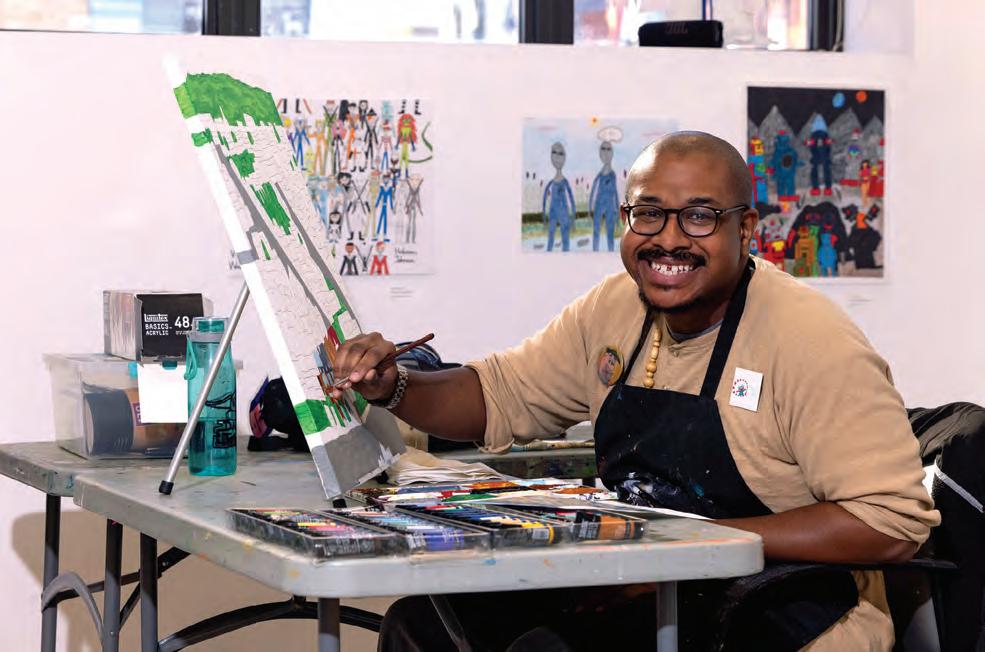

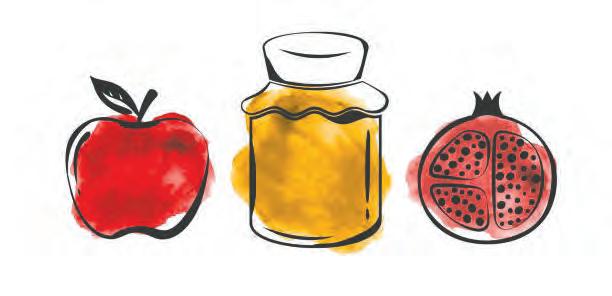

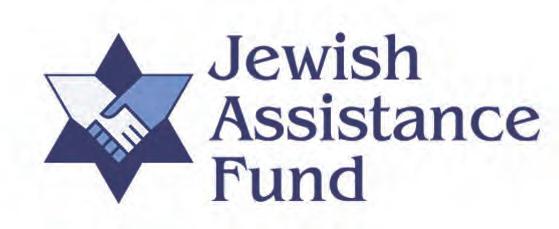
Gean K. Goldfarb President
Lauren Americus, Casey Drucker, Alan Gordon, Steve Hecht, Lynn J. Snyderman Vice Presidents
Harvey A. Wolsh Treasurer
Jeffrey Maizlech Assistant Treasurer
Katie Rutherford Secretary
Meyer “Skip” Grinberg Immediate Past President
David M. Maretsky Life Trustee
Cindy Goodman -Leib Executive Director
Board
Elizabeth Cohen
Joshua Farber
Gary Friedman
Judith L. A. Friedman
Judy F. Grumet
Noah Jordan
Judi Kanal
Miles A. Kirshner
Lesley Nadler
Charles Porter
Ellen Primis
Melissa Brause Rackoff
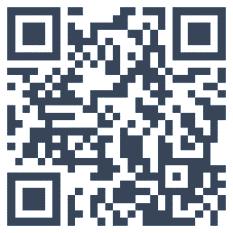
Stacey Reibach
Sally Rock
Sharon L. Saul
Natalie Schmerin
Warren Sufrin
Susan F. Wechsler
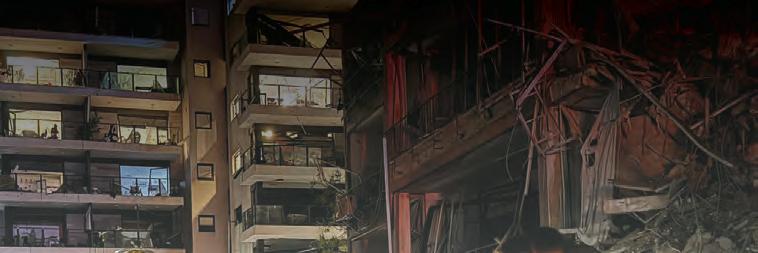

We can’t ensure this Rosh HaShanah will usher in a peaceful year. But with your support, Magen David Adom can continue to be a source of light, hope, and lifesaving care to all Israelis — no matter what 5786 brings.
Support Israel’s lifesavers at afmda.org/give or 866.632.2763.

Celebrate Rosh Hashanah with flavors that bring family and friends together. From our table to yours, wishing you a year filled with sweetness, joy, and memorable moments.

40 W North Ave, Pittsburgh, PA 15212 (412) 435-1111 info@cucinaalfabeto.com cucinaalfabeto.com Reservations recommended

UN overwhelmingly endorses call to establish Palestinian state without Hamas
The United Nations General Assembly on Friday overwhelmingly endorsed a declaration outlining “tangible, time-bound and irreversible steps” toward a two-state solution between Israel and the Palestinians, without the involvement of Hamas. Israel rejected the declaration, calling it a prize for the terror group, The Times of Israel reported.
One hundred and forty-two countries voted in favor of the non-binding resolution enshrining the New York Declaration, which also calls on Hamas to release all hostages and condemns the terror group’s Oct. 7, 2023, onslaught.
Joining Israel and the United States in opposing the resolution were Argentina, Hungary, Micronesia, Nauru, Palau, Papua New Guinea, Paraguay and Tonga. Twelve countries abstained.
It also calls for “collective action to end the war in Gaza, to achieve a just, peaceful and lasting settlement of the Israeli-Palestinian conflict based on the effective implementation of the two-state solution.”
The declaration, which was endorsed by the Arab League and co-signed in July by 17 U.N. member states, including several Arab countries, also goes further than condemning Hamas, seeking to fully excise the terror group from leadership in Gaza.
At least 5 countries have said they will or could boycott Eurovision if Israel is included
The public broadcasters of both Ireland and the Netherlands announced last week that they will not participate in next year’s Eurovision Song Contest if Israel is allowed to participate, JTA reported.
They join several other countries in pressing the competition’s organizer, the European Broadcasting Union, into excluding Israel as an act of protest against Israel’s participation because of the war in Gaza.
The EBU has until now resisted entreaties to bar Israel but now faces a crisis as Europe — both through its unified institutions and as individual countries — has sought to ramp up pressure on Israel to end the war, which began when Hamas attacked on Oct. 7, 2023.
On Friday, the Dutch broadcaster AVROTROS announced that the Netherlands would not participate in the competition if the European Broadcasting Union admitted Israel into the competition, where it has participated since 1973, winning four times.
The broadcasters in Slovenia, Spain and Iceland have also all signaled that they could pull out of Eurovision if the EBU does not exclude Israel.
Buenos Aires mayor vows to punish teacher who waved Palestinian flag during school ceremony
The mayor of Buenos Aires is moving to punish an elementary school teacher who posted a video of himself unfurling a
Sept. 22, 2000 — Poet Yehuda Amichai dies
Palestinian flag and asking his students to applaud “for the teachers in Gaza and the children of Palestine,” JTA reported.
The city is opening disciplinary proceedings against Federico Puy, a left-wing activist and teachers union leader, over the incident, which took place on Sep.t 11 on the Argentine holiday known as Teacher’s Day.
“I wanted to pay a small tribute to the teachers of Gaza, to the children in Palestine who are being killed by the massacre carried out by the state of Israel, and also to those traveling on the flotilla trying to reach the West Bank,” Puy told assembled students, according to the widely circulated video. ”So I brought a Palestinian flag and I ask for a big round of applause.”
His audience applauded as instructed.
The Argentine Jewish political umbrella organization DAIA decried the incident and said it represented a bastardization of Teacher’s Day, which honors an educator who was influential in Argentina’s development and became its president in the 19th century.
Explicitly political advocacy in the classroom is banned under Argentine law. But the bid to punish Puy also comes as Argentina is one of the few countries whose government remains staunchly supportive of the Israeli government two years into the war in Gaza.
Israeli-Russian Princeton student Elizabeth Tsurkov freed from captivity in Iraq
An Israeli-Russian Princeton University graduate student who was kidnapped in Iraq
in 2023 while conducting research there was freed and returned to Israel, JTA reported.
Elizabeth Tsurkov was taken hostage in Baghdad on March 21, 2023, while doing research for her doctorate about sectarianism in the region.
In July 2023, the Israeli government announced that she was being held by Kataib Hezbollah, a powerful Iraqi Shia militia that is backed by Iran. Separate from the Hezbollah that is based in Lebanon, it was designated by the United States as a terrorist organization in 2009.
Tsurkov’s sister Emma, a U.S. citizen and director of quantitative research for the Anti-Defamation League, cheered her release and credited Adam Boehler, Trump’s hostage envoy who has also negotiated the release of hostages in Gaza, Russia and elsewhere since beginning his work earlier this year.
“We are thrilled for Elizabeth’s family and especially her sister Emma Tsurkov, our ADL colleague, who fought tirelessly for her release and thank the Administration for all they did to secure her release,” wrote the ADL in a Facebook post. “What a relief to know Elizabeth is free at last.”
Two Iraqi militia officials, who spoke to the Associated Press anonymously, confirmed that Tsurkov’s release came about as a result of negotiations and not through a military operation to free her. It was not immediately clear what, if anything, Kataib Hezbollah had received in return for her release. PJC
— Compiled by Toby
Tabachnick
Sept. 19, 1988 — Israel launches satellite Ofek 1
Israel becomes the ninth country with a demonstrated space capability, launching the 340-pound Ofek 1 satellite. Named for the Hebrew word for horizon, Ofek 1 completes an Earth orbit every 90 minutes.
Yehuda Amichai, the poet laureate of Jerusalem, dies of lymphoma at 76. Themes of war, peace and loss are prominent in his poetry, which has been translated into more than 40 languages.
Sept. 23, 1920 — Shas Rabbi Ovadia Yosef is born
Rabbi Ovadia Yosef is born in Baghdad. He moves to Jerusalem at age 4. He is Israel’s chief Sephardi rabbi from 1973 to 1983, then serves as the spiritual leader of Orthodox Sephardi political party Shas.

WISHING EVERYONE A HAPPY AND HEALTHY NEW YEAR

Sept. 20, 1931 — Actress Haya
Actress Haya Harareet, best known as Judah Ben-Hur’s love interest Esther in 1959’s “BenHur” remake, is born in Haifa. She appears in Israeli, Italian, U.S. and British films from 1955 to 1964.
Sept. 21, 2008 — Olmert resigns as prime minister
Facing corruption charges, Prime Minister Ehud Olmert resigns. His successor as the Kadima party leader, Tzipi Livni, can’t form a government. A Knesset election in February 2009 returns Benjamin Netanyahu as prime minister.
Sept. 24, 1996 — Rioting responds to new tunnel exit
A northern exit from the Western Wall Tunnel to the Via Dolorosa opens to the public, leading to three days of Palestinian riots. The project is seen as an expression of Israeli sovereignty over all of Jerusalem.
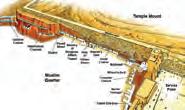
p The Western Wall Tunnel is an excavated area that runs along the wall beneath a built-up area of Jerusalem’s Muslim Quarter. Western Wall Heritage Foundation
Sept. 25, 1982 — Israelis protest massacre in Lebanon
Some 400,000 protesters march in Tel Aviv to demand an inquiry into Israel’s role in the Christian Phalangist militia’s massacre of Palestinians in the Sabra and Shatila refugee camps in Lebanon. PJC
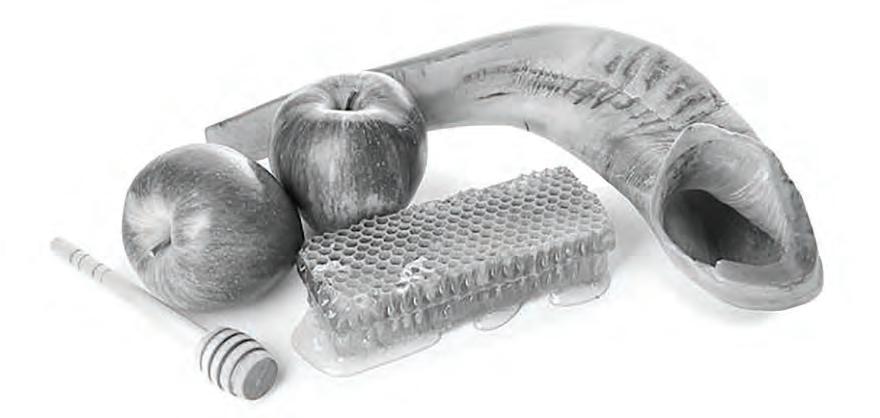
9/25/2025 8:00 AM TO 8:00 PM
9/26/2025 8:00 AM TO 3:00 PM

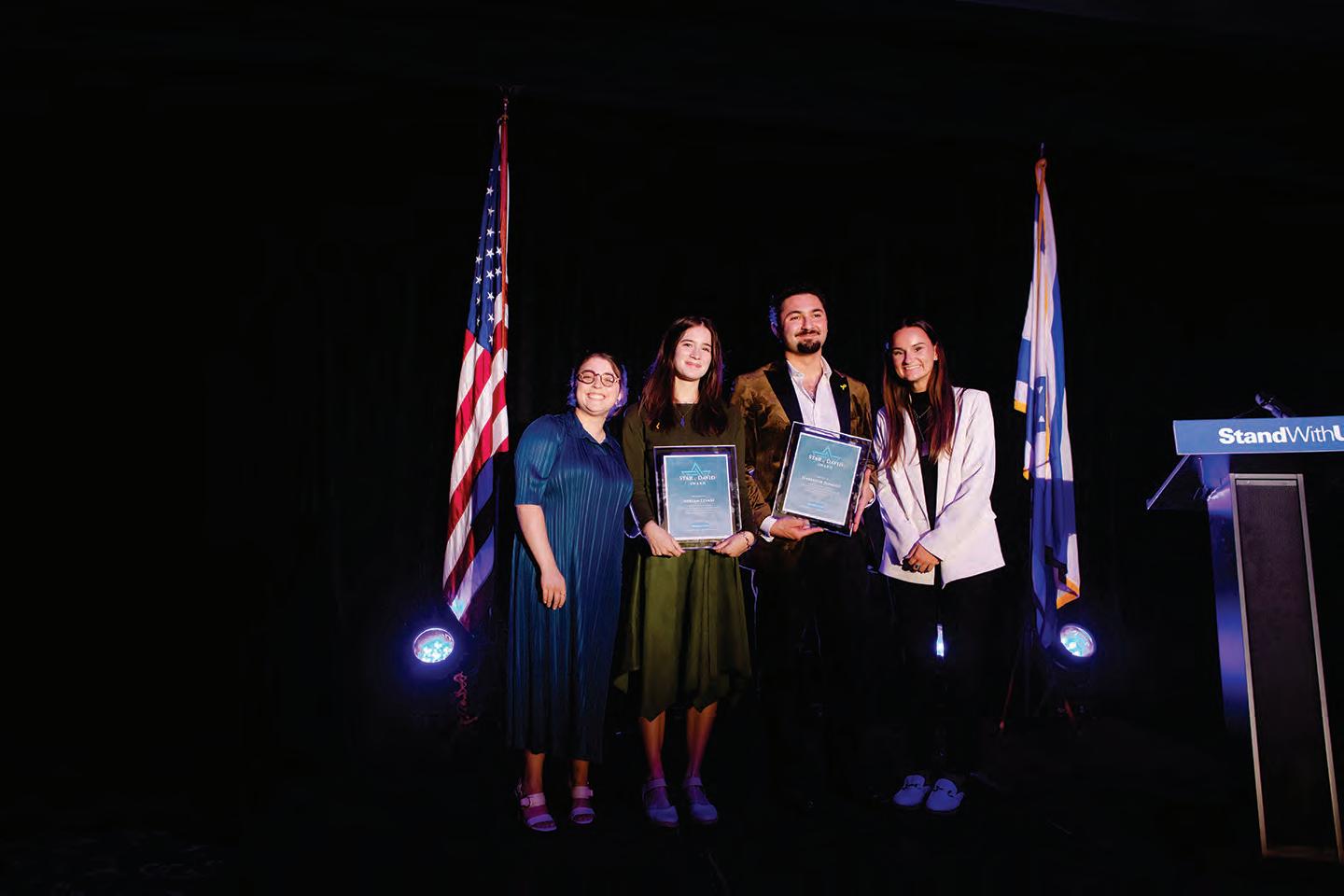
be very unreasonable.”
Sarah’s response to what her husband did is not recorded, but she also dies soon after; the story as it stands in the Torah can be read to suggest that Abraham and Isaac did not return home together; and it is hard not to see Isaac, in succeeding chapters, as a broken and damaged man. Jews in America may not
gion so centered on family and the raising of children, our patriarchs and matriarchs are imperfect. But by focusing on the Akedah at the turn of the new year, we are given the chance to see where we have slipped, even slightly, in putting our certainties about God — or our personal ambitions — ahead of our families.
flourish and excess, a flight of imagination they couldn’t help indulging in.
Being the new year, Rosh Hashanah is also naturally connected with the story of creation. When we say during taschlich that we are “casting our sins into the depths of the sea,” we are told by many sages to imagine it as the sea of creation. And even further, we

“In 2024, the ADL recorded an astonishing 9,354 antisemitic incidents across the United States,” Paris said. “This represents an 893% increase over the past 10 years. In Pittsburgh alone, there have been 232 incidents reported to the Jewish Federation’s security team, a 16% increase over this time last year, when these numbers
“These statistics aren’t just numbers,” she stressed. “They are part of a campaign of a relentless rise in hate that is impacting every one of us. It’s why our work to educate and empower is more critical now than ever before. We are witnessing our narrative being skewed, our story being stolen, and our pain being weaponized.
“In response, we have been relentless.” PJC
Toby Tabachnick can be reached at ttabachnick@pittsburghjewishchronicle.org.
are to understand that “the sin like the waters will move on.” This is worth emphasizing too, because if the waters move on, so should we.
As the late Rabbi Jonathan Sacks put it, “On Rosh Hashanah, we are like Adam and Eve, the quintessential representatives of the human condition. We may have sinned. We may have lost the paradise of innocence. We all do.” But this is not the end. As Sacks also says, “Where we bring blessings into other lives, there God lives.”
The year is new again, and ready for our blessings. PJC
Tim Miller is a writer living in Pittsburgh. He is online at wordandsilence.com.
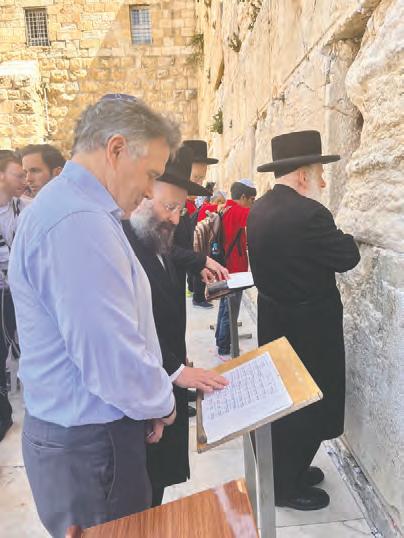


Rabbis:
Continued from page 3
telling people to hold out hope, this year, she said, “forget about hope.”
“I know that sounds really doom and gloom, but for me, it’s really about community and forgiveness,” she said. “We can be hopeless, but we got to be hopeless together, and we got to forgive each other.”
The High Holidays are about thwarting discord, she explained. “What’s the point of being a Jewish community if we can’t figure out how to forgive each other?”
Chabad of Squirrel Hill’s Rabbi Yisroel Altein said there’s a message in Rosh Hashanah’s start. It’s rare for the holiday to begin on a Monday evening, with its first full day on Tuesday. The lesson, he explained, is related to the day’s significance.
In its telling of creation, the Torah describes Tuesday as the day that God twice saw what was created and said, “It was good.” Tuesday is also the third day of the week. The number 3, Altein said, “represents the idea of peace.” Whereas the number 1 is singular, and 2 marks opposition, 3 signifies the ability to “make peace between them.”
Most everyone recognizes “we’re in troubled times,” he said. “We need to ask ourselves what we can do to make it a good year. Obviously, we want to pray to God that God makes it a good year. But what can we do to make it a good year, good for ourselves — for the people around us and around the world — but also good between us and God? A good focus for this year is to see what we can do to really make good, and peace, around all of us.” PJC
Adam Reinherz can be reached at areinherz@pittsburghjewishchronicle.org.
By PJ Grisar | Forward
Robert Redford, the actor, director and film festival visionary, has died at 89. Remembered for his ruddy good looks, accomplished pivot to directing and helping to usher the film industry into its independent era by spearheading the Sundance Film Festival, Redford embodied an age. That age was one of increasingly visible Jewishness in film, and Redford often stood in as the visibly gentile foil.
Beginning his career in New York, Redford, a California native, starred on Broadway as an anxious newlywed in Neil Simon’s “Barefoot in the Park,” and would later reprise the role in the 1967 film. The movie, helmed by Gene Saks, was a hit, but Redford’s cachet as a film star came later.
In 1969, Redford had his breakout role in “Butch Cassidy and the Sundance Kid,” playing the quickdraw counterpart to Paul Newman’s Butch Cassidy. In a stretch for Redford, who learned to surf as a kid on Hermosa Beach, Sundance couldn’t swim. (William Goldman wrote the script, as he did for five Redford vehicles.)
Redford and Newman’s relationship continued with director George Roy Hill in 1973’s “The Sting,” with a ragtime score adapted by Marvin Hamlisch.
That same year, Redford played opposite Barbra Streisand in “The Way We Were,” also featuring music by Hamlisch, who won three Oscars in 1974 split between the two films.
“Redford and I were very different on the surface,” Streisand recalled in “The Way They Were,” a recent history of the film. “I was raised in a Jewish family in Brooklyn, playing skelly with bottle caps in the street. He was the blond, suntanned California guy, surfing and riding horses — while I was afraid of them. But inside, we were alike: shy, sensitive, and both of us appreciated the mystery of relationships.”
The doomed relationship in the film, directed by Sydney Pollack, remains an iconic touchstone in Redford’s career. Pollack, the son of Jewish immigrants, would direct Redford in seven of his 21 films.
Perhaps Redford’s best-recalled JewishGentile teamup was in “All The President’s Men,” in which he played Bob Woodward opposite Dustin Hoffman’s Carl Bernstein, breaking open the Watergate scandal. The two were so simpatico, they were said to have learned each
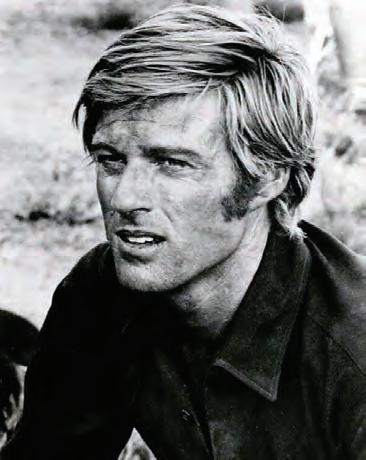
other’s lines so they could interrupt one another in William Goldman’s dialogue.
In 1980, Redford directed “Ordinary People,” his adaptation of Judith Guest’s novel about a grieving, WASPy family. Judd Hirsch starred as a Jewish psychiatrist, earning him an Oscar nomination. Redford won best director.
Redford’s filmography as a director was decidedly mixed, but an Oscar-nominated highlight was 1994’s “Quiz Show,” about a 1950s scandal in which NBC positioned a well-to-do WASP to beat out a working class Jew.
While Redford couldn’t help but present as what he was — razor-jawed, Scotch-Irish — he made a gripping indictment of a TV studio’s efforts to elevate someone who looked more like him than one of his many Jewish co-stars. (For what it’s worth, when they had to cast Bernard Malamud’s all-American slugger in “The Natural,” Barry Levinson got Redford in the role.)
Redford announced his retirement from acting in 2018. While one of the most dependable leading men in movies, he never won an Oscar for acting. But his 2002 honorary Academy Award for his work with the Sundance Film Festival may be the greater tribute to his legacy.
The filmmakers who emerged from the festival are a litany of household names, but two, from its early years under Redford, stand out.
In 1985, a neo-noir debut feature set in Texas took home the grand jury prize. It was called “Blood Simple,” and while credited to one director, Joel Coen, it was truly a collaboration with his brother, Ethan. PJC
This story was originally published in the Forward. To get the Forward’s email newsletters, go to forward.com/newsletters.
Sunday, October 19, 2025 // 5:00 PM Carnegie Mellon University, Jared L. Cohon University Center, McConomy Auditorium 5032 Forbes Avenue, Pittsburgh, PA, 15213
Join author and historian Pamela Nadell in conversation with New York Times columnist and 2013 Pulitzer Prize winner Bret Stephens about her new book: Antisemitism, an American Tradition. They’ll discuss the long history of antisemitism in American life and explore how understanding the past can help us stand up and fight back against hate.













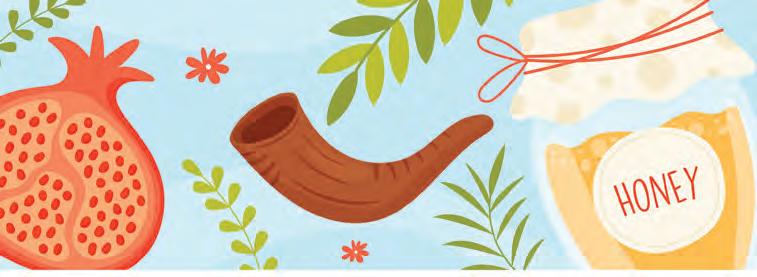


The Pittsburgh Jewish Chronicle was proud to be recognized last week by StandWithUs with its Lion of Truth in Journalism Award (see story on Page 8).
Our small but dedicated staff is tasked with a lot, and our work has become even more challenging since Hamas attacked Israel on Oct. 7, 2023, unleashing a torrent of antisemitism around the world — including in Pittsburgh. We greatly appreciate our efforts being acknowledged by StandWithUs, an organization dedicated to fighting antisemitism and supporting Israel.
As Israel continues to battle entities determined to extinguish its very existence, lies about the Jewish state — and Jews generally — are spreading rapidly on social media and even through many mainstream news sources. The Chronicle strives to counter these false narratives while amplifying the facts.
Our core mission is to provide local Jewish news. While we run some articles from other Jewish media sources about Israel and Jewish communities around the world — as well stories about the impact of world events on our community — it is not our primary objective to report on events outside of
Pittsburgh. Consequently, our coverage of Jewish news happening outside of Pittsburgh is not exhaustive.
We know not all of our readers agree with our editorial decisions all the time. We know this because they tell us — in letters to the editor, private emails and in-person
antisemitism. While criticism of the Israeli government and its policies is often legitimate, we do not give a platform to those who deny Israel’s right to exist as a homeland for the Jewish people or to those who espouse opinions that will read as antisemitic to most Jewish Pittsburghers.
We work intentionally to provide balanced reporting and to publish news articles as well as opinion pieces which represent our diverse community and diverse perspectives.
conversations. Frequently, we hear from our left-leaning readers that we are a tool of the right. Conversely, readers who lean right often accuse us of ignoring their concerns and serving as a mouthpiece for the left.
We work intentionally to provide balanced reporting and to publish news articles as well as opinion pieces which represent our diverse community and diverse perspectives. That said, we reject pieces that propagate misinformation about Israel and incite
In this climate of sharp political and philosophical differences, we have seen rifts in our typically cohesive community. Sometimes, the rhetoric becomes unpleasant, or even inappropriate. As we approach the High Holidays, we urge Jewish Pittsburghers to lean into tolerance, civility and dialogue. Perhaps that all starts with forgiveness.
As the late Rabbi Lord Jonathan Sacks wrote: “In a world without forgiveness, evil begets evil, harm generates harm, and there is no way short of exhaustion or forgetfulness
of breaking the sequence. Forgiveness breaks the chain. It introduces into the logic of interpersonal encounter the unpredictability of grace. It represents a decision not to do what instinct and passion urge us to do. It answers hate with a refusal-to-hate, animosity with generosity. …
“Forgiveness means that we are not destined endlessly to replay the grievances of yesterday. It is the ability to live with the past without being held captive by the past. … In the face of tragedy, forgiveness is the counternarrative of hope. It is not a moral luxury, an option for saints. At times it is the only path through the thickets of hate to the open spaces of coexistence.”
We ask our readers for forgiveness if these pages have offended, if we don’t always get it right. Likewise, we urge our community to forgive each other during the upcoming Days of Awe, and to commit to beginning the new year with open minds and open hearts.
As 5786 commences, we pray for many things over which we have little control: the safe return of the hostages in Gaza, a rapid and successful conclusion to the war, and the end of global antisemitism.
And we pray for the things over which we do have control: respect, moral clarity and tolerance of each other.
L’shana tova. PJC
It was the wildest scheme in American Jewish history. 200 years later, should it be remembered as a failure?
Guest Columnist
Elliot Cosgrove
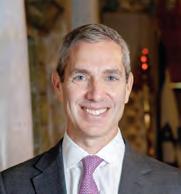
Two hundred years ago, on September 15, 1825, a self-governing Jewish colony was ceremonially dedicated on Grand Island in northern New York State, just a few miles downstream from Buffalo on the Niagara River. Its name was Ararat, after the biblical mountain where Noah’s ark came to rest following the flood. Not coincidentally, the colony’s founder was himself named Noah: Mordecai Manuel Noah, journalist, politician, playwright, consul to Tunis,
and arguably the most prominent American Jew of his generation.
Noah, then 45, staged the dedicatory event with extraordinary flourish: It involved a grand procession of soldiers, politicians, and clergy accompanied by a band playing Handel’s Judas Maccabaeus. Noah himself was robed as a “Judge of Israel,” a gold medallion at his chest. The place, he hoped, would become a “New Jerusalem” — a refuge for persecuted Jews abroad. He dreamed of Ararat as an asylum for the oppressed, a place to “revive, renew, and reestablish” Jewish life.
Only in America, with the freedoms it offered, could such a vision seem remotely possible. Yet the dream collapsed almost as quickly as it was proclaimed. With Noah ridiculed by many and ignored by the
Guest Columnist
William Daroff
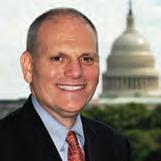
At sundown on Monday, Sept. 22, Jews around the world will gather to mark Rosh Hashanah — the birthday of creation, the day on which we acknowledge our past and pray for our future. This year, as we usher in 5786, we are called once again to reflection, repentance and renewal. It is a season of hope, of honey and
sweetness, even when the world beyond our doors feels bitter.
American Jews, like our fellow Americans,
very Jews he sought to save, Ararat never moved beyond its inaugural dedication. Its only enduring remnant is a marble cornerstone, still on display at the Buffalo History Museum. Carved into it are, in Hebrew, the words of the Shema — “Hear O Israel, the Lord is our God, the Lord is One” — and, in English, “Ararat: A City of Refuge for the Jews.”
Still, two centuries later, the biggest question raised by the failed project of Ararat remains central to Jewish life in the United States: How does one balance the freedoms of America with the imperative to preserve Jewish distinctiveness?
For Noah, Ararat represented a “third way.” Neither an isolationist nor an assimilationist, he sought to create a model through which
Many understandably find it hard to rejoice in this season of holidays, as antisemitism in the United States and Europe has risen to dizzying
As the blasts of the shofar ring out, may we hear not only the call to repentance but also the promise of renewal.
are living through a time of domestic polarization and global upheaval. Events arrive fast and furiously. The pace and weight of the news can leave us disoriented or even disheartened.
heights, and 48 hostages, alive and dead, remain sequestered in Hamas’ terror tunnels. The promise of the New Year — to turn the page, begin anew and lay down the burdens
Jews could benefit from American freedoms without dissolving into them. As Jonathan Sarna put it in his authoritative biography, Noah was “the first Jew to confront openly … the challenge of American freedom.”
For centuries, while Jews lived in exile, the danger to their continued existence was persecution, not assimilation. Hatred from the outside served as a perverse but powerful force of cohesion.
Only with modernity — with the Enlightenment, and emancipation — did Jews begin to wonder what it meant to survive under freedom. Should Jews circle the wagons, guarding their languages, names and dress, as the 19th-century Hatam Sofer insisted?
Please see Cosgrove, page 19
of the last year — feels elusive. Yet Jewish history offers a poignant lesson. It is our traditions, our holidays, our trials and our festive meals that sustain us in times of trial. I am often moved by the devotion with which Jews in the ghettos and concentration camps of Holocaust-era Europe observed Passover or Yom Kippur. There were Purim celebrations in Lodz and Warsaw, Theresienstadt and even Birkenau. Our fate is, thank God, not that of our Eastern European forebears. But their example should remind us that we can find calm in the storm — and that we must.
Please see Daroff, page 19
Last week, the Chronicle asked its readers in an online poll the following question:
“Will the new year, 5786, be better for the Jews than 5785?” Of the 207 people who responded, 58% said no; 17% said yes; and 25% said they weren’t sure. Comments were submitted by 66 people. A few follow.
The actions of Israel in the war against Hamas have brought that nation into international disrepute — a characterization that spills over to Jews outside of Israel. Demonstrations held at multiple locations here, as well as official governmental actions abroad, appear to support that negative view. So next year doesn’t look better.
Almost every Rosh Hashanah, I say to myself, “How could next year be any worse than this one?” Given how horrendous life has been for the Jews since Oct. 7, 2023 (aka, the 22nd of Tishrei, 5784), the arrow has no choice but to finally be pointing up for 5786.
The prime minister is leading Israel into darkness. Under his authoritarian
Cosgrove:
Continued from page 18
Or should they embrace the surrounding culture as a source of vitality and creativity, as the late Jewish Theological Seminary chancellor Gerson Cohen argued in his famous essay, “The Blessing of Assimilation“?
This is not an abstract academic debate. To this day, it plays out in Jewish households across the U.S.
Should parents send their children to Jewish summer camps, “Jew-ish” summer camps, or just summer camps? Should families spend their precious vacation time in Israel or in Iceland? Should charitable dollars support Jewish causes or universal ones? Should Shabbat morning be spent in synagogue, at SoulCycle, or on the sidelines of a soccer field?
These choices may seem trivial in isolation, but over time they add up. The future of Jewish identity in the U.S., in our time as in
Daroff:
Continued from page 18
The bad omens and grim headlines can also be deceptive. America stands as a stalwart ally to the Jewish state as it continues to prosecute a just war for safety and peace. Antisemitism, now at the center of our national conversation, is more widely recognized as what it is: a dread plague that all people of good will have a duty to combat.
The International Holocaust Remembrance
Will the new year, 5786, be better for the Jews than 5785?
administration, life will worsen for Israel and the Jews.
Things will not improve until the Gaza situation is resolved and for as long as Trump is president.
Noah’s, depends not on enemies at the gate but on the cumulative impact of the choices Jews make in freedom.
Noah himself never gave up on his dream
President Trump’s efforts to stamp out collegiate antisemitism and prosecute in federal court those who violate our rights make me feel optimistic.
Antisemitism will increase and more incidents will occur. The level of antisemitism is the worst it has been since the Nazis came to power.
We have to be hopeful, but it’s scary. There is so much hate and misunderstanding out there. And there is nowhere else to go.
We can hope, we can pray we can be better and we can do better. Only one much greater than us knows the answer, but we can certainly move toward a better year with our own behaviors.
Open antisemitism seems to be back “in style” now. No one is embarrassed to be called antisemitic in today’s world.
If this country continues to allow Islamists to disrupt colleges, brainwash
are in a most favorable position to repossess … the promised land, and organize a free and liberal government.” In this sense, he may rightly be remembered as the first
To be Jewish in the U.S., as in any open society, requires intentionality, investment, and the courage to swim against the tide when necessary.
— although scholars still debate whether he was motivated by heartfelt concern for his people, self-aggrandizing ambition, or a messianic delusion.
In the 1840s, toward the end of his life, he shifted his gaze from upstate New York to Palestine. Decades before Theodor Herzl kickstarted the Zionist movement, and nearly a century before the founding of the State of Israel, Noah declared: “The Jews
Alliance’s working definition of antisemitism, which explicitly names the tie b etween anti-Zionism and antisemitism, has been adopted in three-quarters of America’s states.
Even in this age of anxiety, we can summon hope in the coming year. The promise of the modern-day state of Israel — still young in the span of history — gives us reason to dream. I imagine the Jewish state not only surviving the next year, but the next century, and thriving. Its synagogues filled with song, its universities with discovery,
American-born proto-Zionist.
Today, we ought to remember Ararat as a bold attempt to wrestle with the central dilemma of Jewish modernity: how to live fully in the world without losing oneself to the world. The marble cornerstone in Buffalo proclaims Shema Yisrael — the most ancient declaration of Jewish faith. It remains a reminder that freedom is a gift, and that Jewish life cannot be sustained on
its neighborhoods with families building futures.
That vision of Israel a year from now — and even 100 years from now — sustains us today because it reminds us that our story is larger than our fears.
As the blasts of the shofar ring out, may we hear not only the call to repentance but also the promise of renewal. May the notes of that ancient instrument, carried on human breath and spirit, bind us to the living, the dead and future generations. And may we turn the page together.
our youth, and inflict harm on society; if they continue the disgusting mantra of “from the river to the sea”; if they are not stopped, I fear for the Jews not only in this country, but in the entire world.
I think not, and that has me scared to death. I fear for the world I will be leaving for my children and grandchildren.
I’m afraid things are going to get worse before they get better.
Who would we be, and where would we be, if we were not optimistic about the future and do not work to make it better? PJC
— Compiled by Toby Tabachnick
Chronicle weekly poll question: What aspect of the High Holidays do you find most meaningful? Go to pittsburgh jewishchronicle.org to respond. PJC
inherited identity alone, nor can it survive in splendid isolation.
To be Jewish in the U.S., as in any open society, requires intentionality, investment, and the courage to swim against the tide when necessary.
As we approach the High Holidays, the season of self-examination and renewal, Ararat’s legacy poses a timely challenge. Noah’s dream was to “revive, renew, and reestablish” Jewish life. Two hundred years later, that task is still ours: To choose with care, to sow with intention, and to write a new chapter of Jewish vitality for the year, and years, to come. PJC
Elliot Cosgrove is senior rabbi at Park Avenue Synagogue on the Upper East Side of Manhattan, and author of “For Such A Time as This: On Being Jewish Today.” This article first appeared on the Forward. To get the Forward’s free email newsletters delivered to your inbox, go to forward.com/newsletters.
May this year, 5786, bring sweetness, safety and strength to the Jewish people, to the state of Israel and to all who seek peace.
Shanah Tovah U’Metukah! PJC
William Daroff is CEO of the Conference of Presidents of Major American Jewish Organizations. In that capacity, he is the senior professional guiding the Conference’s agenda on behalf of the 50 national member organizations, which represent the wide mosaic of American Jewish life. This article first appeared on JNS.
We invite you to submit letters for publication. Letters must include name, address and daytime phone number; addresses and phone numbers will not be published. Letters may not exceed 500 words and may be edited for length and clarity; they cannot be returned. Send letters to:letters@pittsburghjewishchronicle.org or Pittsburgh Jewish Chronicle, 5915 Beacon St., 5th Floor, Pittsburgh, PA 15217
We regret that owing to the volume of correspondence, we cannot reply to every letter.
By Jessica Grann | Special to the Chronicle
As we approach a new year, with many upcoming holiday meals to prepare, it seems like the perfect moment to share my challah recipe. I’ve had many recent requests for a challah dough that is easy to work with; I think many people want to bake challah but can get overwhelmed easily. This is a foolproof recipe that any beginner baker can manage.
My family custom is to eat water challah, which is a dough made without eggs. Water challah is fluffy yet substantial, so it holds up well for dips and sauces.
There is honey in this recipe, but the dough doesn’t taste sweet, so it goes well with both sweet and savory meals. If you are vegan you can use sugar in place of honey. You can also brush the challah with a thinned-out apricot jam to get a nice shine without using an egg wash.
There are four main areas of difficulty when baking bread that can cause frustration. The first concern is proofing the yeast. I recommend proofing the yeast in a glass bowl or measuring cup.
The second issue arises when the dough is sticky and difficult to work with. My recipe has a decent amount of oil, which makes it a breeze to shape. It’s not sticky and you won’t have a mess on the countertop or on your hands. The oil is what creates a fluffy but rich challah.
The third area of difficulty is shaping/ braiding the loaves. Enter the pull apart challah. You don’t need to roll out strands and learn special braiding techniques — you simply form small balls of dough and place them in concentric circles before baking. The placement is what creates the honeycomb pattern. Making dough balls is as easy as it gets. Sometimes I even put dough balls into bread loaf pans; it can look like a braided challah but without the extra work.
The fourth and last issue that people run into is kneading full batch recipes, especially by hand. When you make a full batch of challah, which has about 5 pounds of flour, there is a mitzvah to take challah and make a bracha. My recipe is for a half batch, so you don’t need to take challah and it’s easier to handle. Hand kneading is a lot of work and 5 pounds of flour may not fit into your mixing bowl — it doesn’t fit into mine.
For Rosh Hashanah through Sukkot, I bake a small ramekin into the center of the pull apart to act as a honey dish. This is not my original idea; I saw it many years ago and enjoy doing it during the holiday season. My goal is to get you comfortable baking
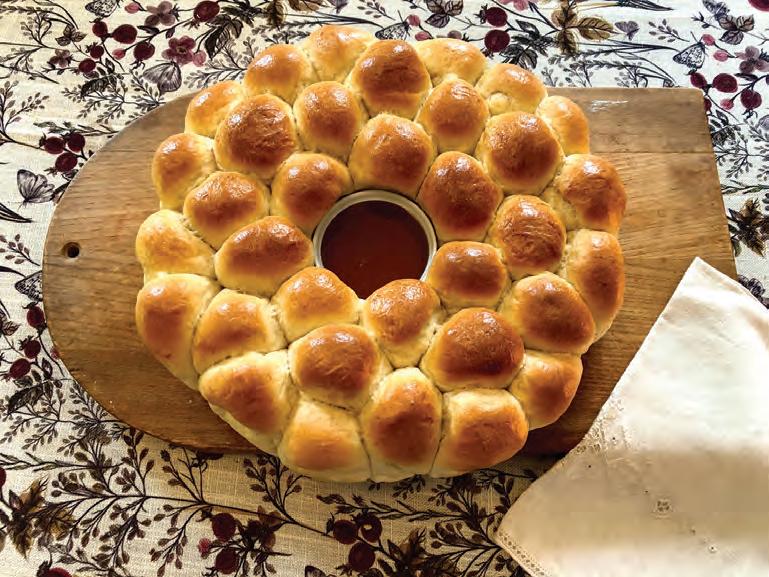
bread. Once it’s part of your life you can work on improving your braiding techniques. This is a good dough if you make fancy braids and designs because it doesn’t dry out or crust over while you’re working with it.
I’m not an expert bread baker and my bread does not look like it belongs in a magazine, but it tastes fantastic and my family appreciates it.
I have one last tip: Bake when you’re calm. Bake when you’re not in a rush. And never bake when you’re in a bad mood. My dearest friend taught me that many years ago. It sounds a little strange, but when I am peaceful in the kitchen you can taste the difference.
Pour your heart out into your challah dough and I promise, even if it doesn’t look perfect, it will taste like pure love.
To proof the yeast:
¾ cup warm water
2 tablespoons honey or sugar
6 teaspoons active dry yeast
For the challah dough:
7 ½ to 8 cups all-purpose flour
½ cup oil (I use avocado oil)
½ cup honey or sugar
1 ½ cups warm water
2 rounded teaspoons coarse sea salt or kosher salt
Egg wash:
1 egg beaten with 2 teaspoons of oil, or apricot jam thinned with water or a bit of oil
Boil a few cups of water in a kettle. Pour ¾ cup of hot water into a glass measuring cup and allow it to cool. When you can

comfortably touch the water (think slightly warmer than what you’d bathe a child in) stir in 2 tablespoons of honey. Once dissolved, add the yeast and give it a good stir with a fork. It usually takes 4-5 minutes to proof and rise. There should be about two inches of blooming yeast frothing up toward the top of the measuring cup. The trick is to get it into your mixer before it rises over the edge of the cup.
While the yeast is blooming measure 1½ cups of the hot water into another measuring cup and set aside to cool. You want to add warm water to the mixer. If it’s hot to the touch, wait for it to cool down or it will kill the yeast.
Add 4 cups of flour, the honey and oil to the mixing bowl. Use your dough hook attachment and set the speed to low. Pour the yeast mixture into the bowl, using a silicone spatula to scrape the remaining yeast from the measuring cup. Mix on low for a few minutes until a thick paste starts to form. The paste does not need to be perfectly smooth.
Add in 3 more cups of flour. Mix until the flour looks combined, then add 1 ½ cups of the remaining warm water that you measured out (don’t add it if it’s too hot to touch). Mix until the water dissipates into the dough.
Add the salt and an additional half-cup of flour and raise the mixer speed to medium. Mix for 2-3 minutes or until the dough is well combined. This is when I decide if the dough needs more flour. Too much flour can give you dry bread, and not enough flour can make the dough sticky. Sometimes you need a little extra flour. I typically use 7 ½ cups, plus an extra tablespoon or two, but this recipe will never need more than 8 cups total. If you’re unsure, just knead it on low for a couple minutes before deciding to add more flour. Sometimes it seems on the wet side but it firms up once kneaded. Also, if the dough seems too dry, you can add an extra tablespoon of water. Once you feel it’s right, knead for 5-7 minutes on low.
Remove the bowl from the mixer. The dough should feel heavy and dense. Use your hands to form the dough into a nice ball. Add a teaspoon of oil to the top of the dough and spread it over the surface before
setting the dough ball back into the bowl. Cover the bowl with plastic wrap and a clean towel and allow the dough to rise in a warm place for 45 minutes or until it doubles in size. I often put my oven on a low temperature, like 175 F, and allow the dough to rise on top of my stove. Uncover the risen dough and gently punch it down; the dough will be much lighter and you’ll see immediately that it doesn’t stick to your hands.
Preheat your oven to 350 F, with the wire rack placed one notch above the center. With pull apart challah, the dough balls should be the same size, just a little larger than a golf ball, or up to the size of a clementine; with multiple rows, though, it’s best to keep them on the smaller side.
Tear off a piece of dough and form it into a ball. The pieces can be slightly smaller or larger so don’t worry about perfection. If making these with the honey dish, line a baking pan or cake pan with parchment paper. Place any ovenproof ramekin in the center of the pan and set the balls around it. Leave a little space between the pieces of dough to allow room for it to rise.
Offset the second row of dough balls so they nest into the first row, leaving a little space again. If you have a room in your pan for a third row you can tuck them in as they fit around the second row. I have a 16-inchwide pastry pan that fits this recipe. I make it round because it’s traditional to serve a round challah for the holiday, but you can use a rectangular sheet pan with an edge as well. If you don’t have a pan that large, you can use two smaller ones.
Brush lightly with the egg and oil mixture, being careful not to let too much egg wash pool in the cracks.
Cover with plastic wrap and allow the dough to rise again for another 45 minutes. Uncover the dough and get ready to bake. If the plastic wrap stuck to the challah, add a little extra egg wash right before baking to even out the finish.
I make these plain when I’m serving challah with honey, but during the rest of the year I use toppings so everyone gets what they’re craving. You can add sesame seeds, coarse salt, poppy seeds, everything but the bagel spice, and leave a few plain. I’ve also used dry oats as a topping, which looks natural and pretty.
Bake for 35-45 minutes depending on the size of your pan. Your nose can tell you when challah is done, and it should be a golden honey color. If you want to be sure, you can use a digital thermometer to probe the center; 190-195 F is what it should be. Remove from the oven and allow to cool for a half-hour. Use the parchment paper to lift the challah out of the pan and let it cool completely on a wire rack. Fill the ramekin with honey or silan (date honey) before serving.
I hope that my recipe brings your family joy. Wishing all of you a happy and sweet new year! We should all be at peace and in good health in the coming year. Enjoy and bless your hands! PJC
Jessica Grann is a home chef living in Pittsburgh. She can be reached at rubia711@gmail.com.


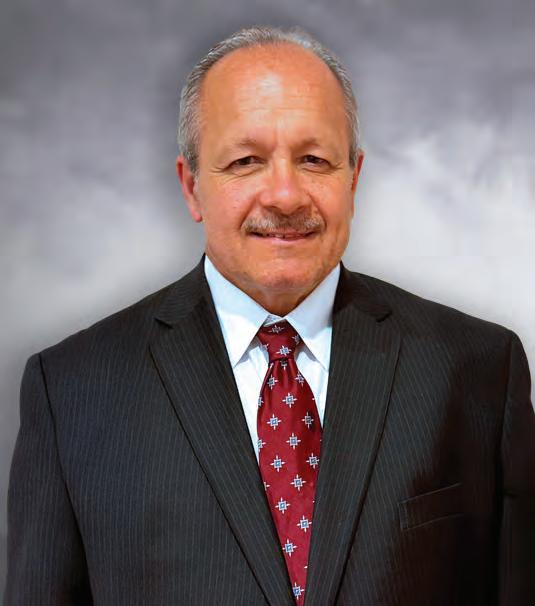


These promises of G-d are your destiny, and they will not go unfulfilled! May each of these add to the joy of your Rosh Hashanna 5786.

“By Myself I swear... I will bestow My blessing upon you and make your descendants as numerous as the stars of heaven and the sands on the seashore... All the nations of the earth shall bless themselves by your descendants...” — Genesis 22:16-18

“There shall not be heard any more violence in thy land, wasting and destruction within thy boundaries; but thou shalt call, Salvation, thy walls, and thy gates, Praise.” —Isaiah 60:18

“I will restore My people Israel. They shall rebuild ruined cities and inhabit them; ... And I will plant them upon their soil, nevermore to be uprooted from the soil I have given them...” — Amos 9:14, 15

“In those days, ten men from nations of every tongue will take hold—they will take hold of every Jew by a corner of his cloak and say, ‘Let us go with you, for we have heard that G-d is with you.’” — Zechariah 8:23


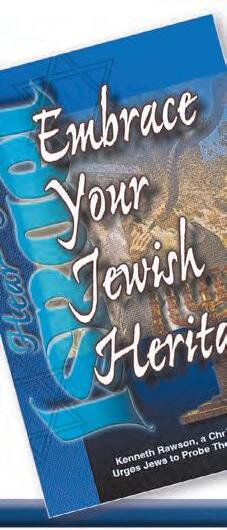



We encourage you to cherish your everlasting promises and the role you will play in blessing all “nations of the world.” Please visit our website to review again the solid basis of these promises and your hope.
“Embrace Your Jewish Heritage”
“Israel’ s Land Rights: Biblical, Historic and Legal” These non-proselytizing booklets are Free to download at: www.IsraelsDestiny.com
Or Email to receive Free booklets & videos by Postal Mail: IsraelsDestiny@gmail.com







Ingredients
Yields: 16 rum balls
• 1 pound honey cake (1 loaf pan)
By Miriam Szokovski | Chabad.org
With Rosh Hashanah around the corner, there is much to do, buy, prepare, and, of course, cook. Remember to make reservations for shul, send your shana tova greetings, and — most importantly — make plans to hear the shofar. Even if you cannot make it to Rosh Hashanah services, make sure to hear the shofar on Tuesday, Sept. 22, and Wednesday, Sept. 23. Honey cake is the quintessential Rosh Hashanah dessert, but if, like me, you’re not crazy about plain honey cake, or if your honey cake broke coming out of the pan (it happens to all of us!), this recipe is for you. It’s not for children though, as it does contain alcohol.
• ¼ cup cocoa powder
• 1 cup confectioners’ sugar
• 3-4 tablespoons dark rum
• Optional, for coating: coconut flakes, chocolate sprinkles, or cocoa powder
Directions
1. Use your hands to break the cake down into crumbs.
2. Add the cocoa powder, confectioners’ sugar and dark rum, and mix with your hands until it comes together.
3. Roll into evenly-sized balls and coat with coconut flakes, chocolate sprinkles, or more cocoa powder.
4. Refrigerate or freeze until serving. PJC Reprinted with permission from Chabad.org/ Food.

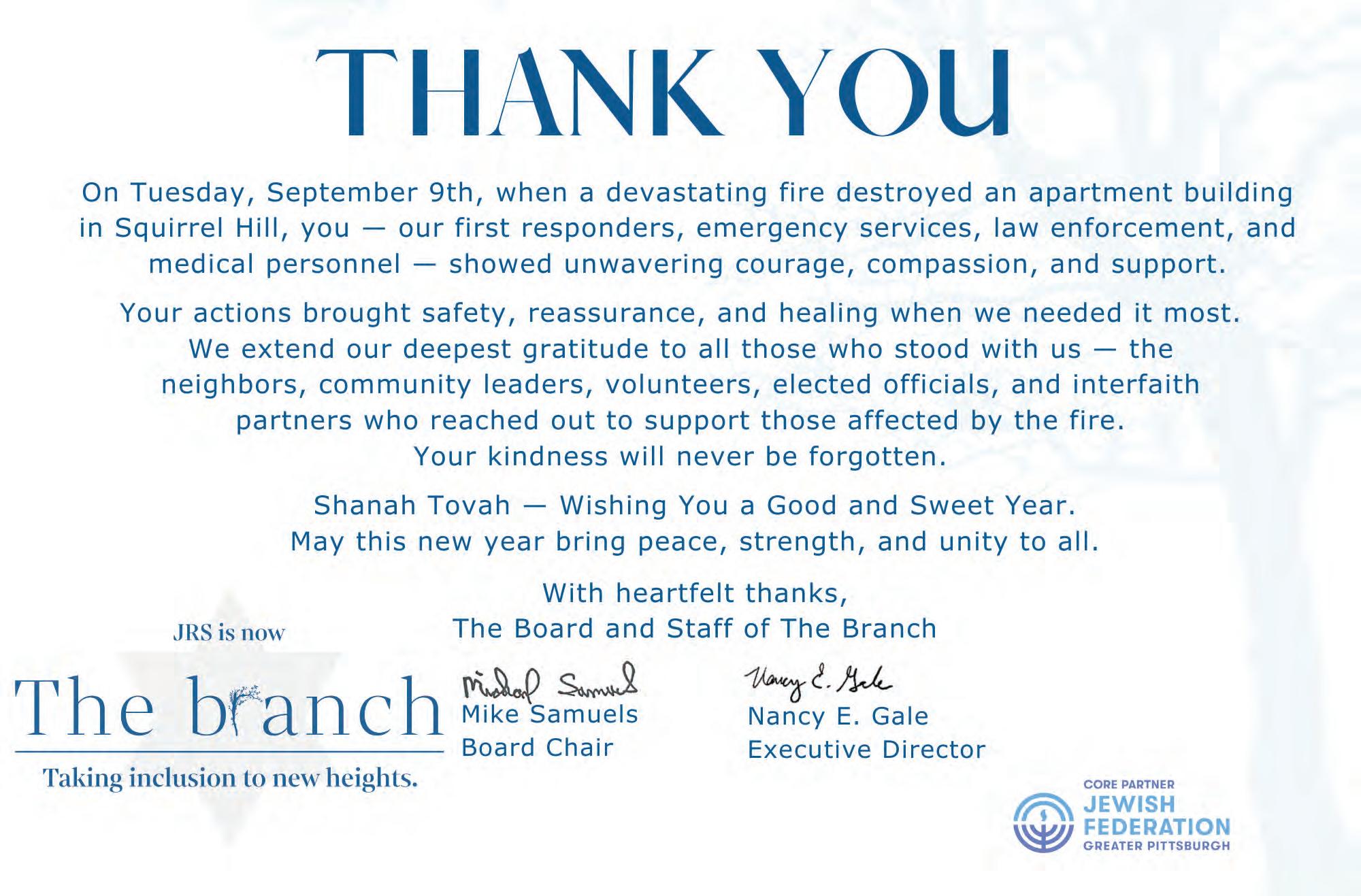

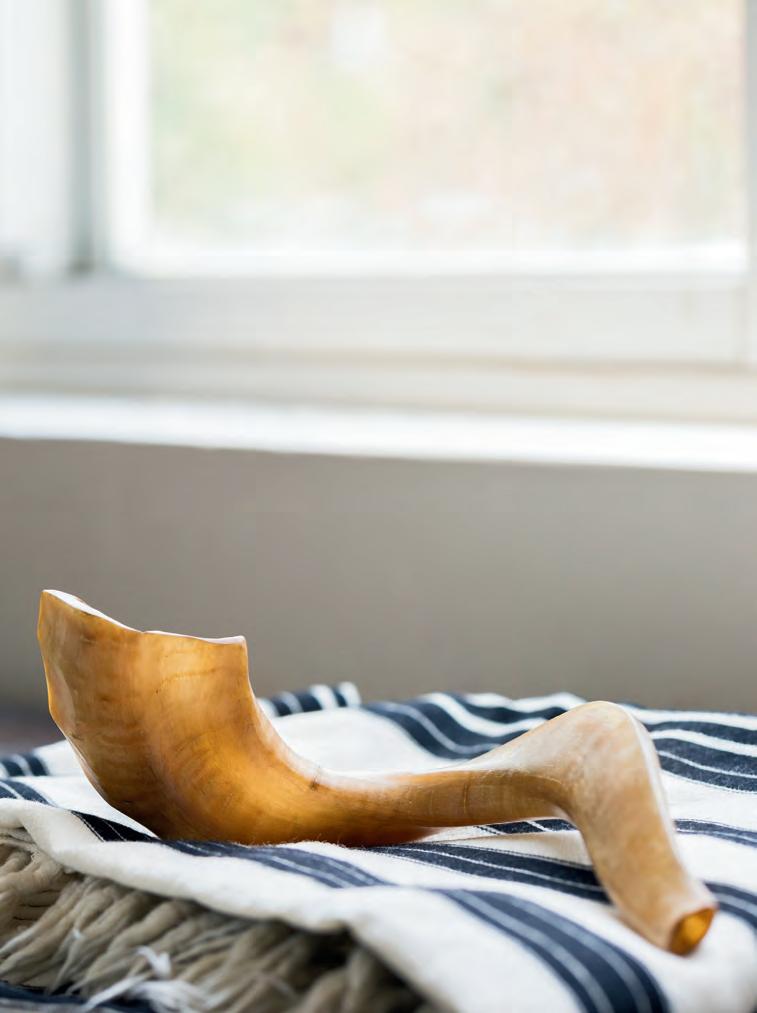

Your friends at Congregation Beth Shalom wish you & your family a
May you be inscribed and sealed for a year of love, inspiration, and holiness Gemar Hatimah Tovah .

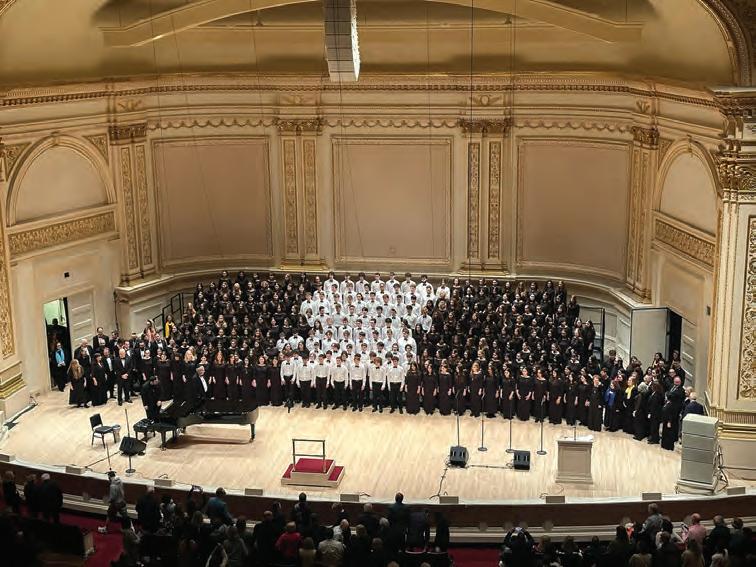
By Emma Riva | Special to the Chronicle
Cantor Barbara Barnett has been a Roving Troubadour singing folk ballads around the country, an award-winning author of both a dark fantasy novel and an unofficial guide to the Fox TV show “House, MD,” and executive editor of online pop culture magazine Blogcritics. But in her home in Pittsburgh, she’s the conductor of the local chapter of Jewish teen choir HaZamir.
“I’ve always been a singer and always been a writer, and I’ve never wanted to stray far from either one,” Barnett said.
Despite her multihyphenate professional life, Judaism has been a constant source of enrichment. Though she had little Jewish education growing up, Barnett had an adult bat mitzvah and became interested in cantorial life while juggling contract nonfiction projects.
“I was writing two books on environmental management commissioned by the National Safety Council and I wanted to read Joseph Telushkin’s work more than I wanted to read anything about that,” she remembered. She hopes to share that passion with Jewish youth through her work with HaZamir.
Barnett came to Pittsburgh from Chicago in 2022 to be closer to her children and grand-children. When Cantor Stephanie Greene, former conductor of HaZamir Pittsburgh, was relocating, Greene told Barnett she would be an ideal fit to conduct HaZamir Pittsburgh. HaZamir, which means “the songbirds,” is the brainchild of Matthew “Matti” Lazar, a trailblazing force in Jewish choral music. The choir has been performing for nearly 35 years. Barnett took the opportunity right away.
“[HaZamir Director] Vivian Lazar and I connected on what HaZamir is about — singing, musicianship, connecting kids to beautiful Jewish music — but a lot of it is teaching, teaching the text. That’s what cantors do — we don’t just sing songs, we understand the underlying texts.”
She likened it to when singers learn opera but don’t understand Italian. Barnett wants HaZamir participants to understand and connect to the words, rather than just sing the syllables.
HaZamir has 33 chapters across the United States and Israel, and each year, the chapters come together to perform communally on a professional stage. In 2026, the location will be David Geffen Hall at Lincoln Center, on the same stage where the New York Philharmonic performs.
This can be daunting for some teens, so the choir works to create a supportive environment where students can hone their performance skills.
“One of the best singers I had ever heard came in tears saying, ‘I’m not good enough to perform at Lincoln Center,’” Barnett said. “So it requires on my part and her colleagues’ part to bring encouragement and support.” The environment is also unified by the fact that each chapter of HaZamir, from Pittsburgh to Chicago to Tel Aviv, learns the same music, in the same order, similarly to how Jewish adults around the world all learn Torah on the same schedule.
Each rehearsal Barnett leads at the Jewish Community Center of Greater Pittsburgh starts with an hour of teen activities, “schmoozing time,” a brief break, then an hour of warmups and song practice. Occasionally, Barnett’s husband, who is a jazz pianist, accompanies the choir. Barnett also has four teen leaders who facilitate activities and serve as peer support for the other members of HaZamir Pittsburgh.
“I love being in HaZamir because it is an amazing opportunity and creates an incredible community of Jewish teen singers across the country and Israel,” Nera Akiva, one of the teen leaders of HaZamir Pittsburgh, said. “Not only do we get to sing with hundreds of others in theaters such as Carnegie Hall, but we also form strong bonds that I know will last a lifetime.”
There’s still time for more local youth to join HaZamir, as Barnett is holding open rehearsals through September.
Part of what makes HaZamir so accessible is that to participate, one doesn’t need to read Hebrew, read music, or be religious. All Barnett asks of prospective members is that they have a musical voice and can sing on key. Beyond that, she welcomes anyone.
“It’s an opportunity to sing and become a community, connect with people, connect with other like-minded Jewish teens, and then have a slam-bang amazing opportunity to sing with 200 of your best buds in New York at Lincoln Center.”
Barnett said that HaZamir is especially meaningful in 2025, when antisemitism is rampant and Jewish teens might not have many places to engage with their Jewish identity in a positive way.
“It is a place for Jewish kids to be safe and to be together,” she said. “It’s a positive Jewish experience. You don’t have to be a synagoguegoer or doing Shabbat every week. It doesn’t matter if your dad is Jewish and your mom is not, if you’re Reform or Conservative, none of that matters. You’re Jewish, you belong.”
HaZamir will hold open rehearsals for interested teens at the Jewish Community Center of Greater Pittsburgh on Sept. 14, 21 and 28, 11 a.m. to 1 p.m. PJC
Emma Riva is a freelance writer living in Pittsburgh.

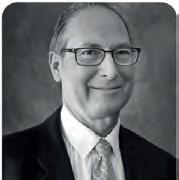

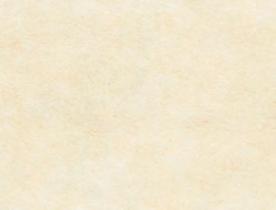
Protect Yourself and Your Loved Ones – Your Way
We provide expert help with long term care planning, powers of attorney, wills, trusts and special needs. We help you implement legal and tax strategies to protect your wealth during your life and afterwards.

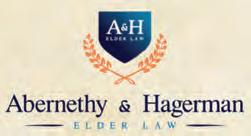



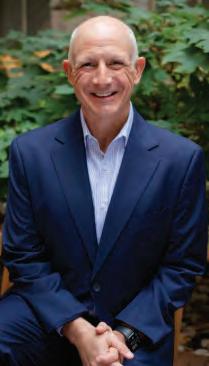




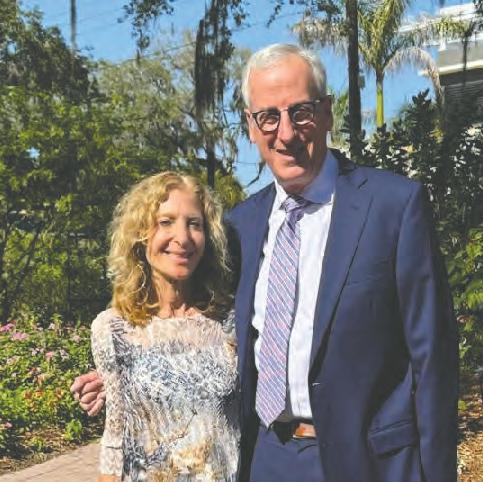


Brian Gumberg, son of Larry and Ina Gumberg, and Jackie Atlass, daughter of Robert and Cecelia Atlass, welcomed a baby boy, Max Leon Gumberg, on July 14, 2025.
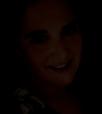
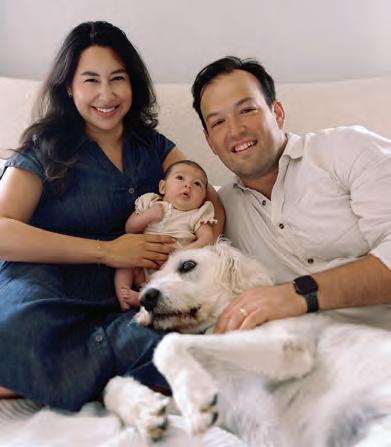

JewishWith gratitude and joy, Lillian and Evan Miller of Bloomfield announce the birth of their daughter, Ruby Shaina, born on July 8. Ruby is warmly welcomed by proud grandparents, Elaine and Todd Miller, and Hela and Leon Edelsack, all of Squirrel Hill. She is named for her maternal great-grandmother, Rita Edelsack (z’l), and paternal great-grandmother, Shirley Krouse (z’l). Ruby is also loved and enjoyed by her extended family, friends and her dog, Boop. PJC
and delicatessen
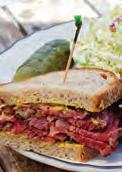
• Matzo Balls
• Matzo Ball Soup (pint or quart)
• Bagels or Mini Bagels
• Nova Lox & Pastrami Lox (by the lb.)
• Herring - cream
• Blintzes - cheese (6pc min)
• Blintz Sou es
• Potato Pancakes (2 per order)
• Homemade Chopped Liver
• Homemade White sh, Tuna, Egg & Chicken Salad
• Israeli Salad
• Herbed Chicken Breast
• Beef Brisket (by the lb.)
• Noodle Kugel
• Roasted Vegetables
• Bialys - onion & poppy
• Challah - plain or raisin (round)
• Cookies - mini
• Macaroons
• Brownies
• Honey Cake
• Apple Cake
• Rugelach - assorted (by the dozen)
• Mini Pastries
• Sweet Breads
• Co ee Cakes - bundt Homemade Cream Cheese Plain, Herb, Chive, Garlic, Vegetable, Salmon, Raspberry, Cinnamon Raisin Walnut Pastry Trays Deli Trays Fish Trays Fruit Trays Small or large available - *Market Price
*Quantities Limited - Order Early!
*No Coupons or Groupons Accepted for any Holiday Orders
5885 Forbes Avenue • Squirrel Hill, PA 15217
6 days a week (Tuesday–Sunday) • 412-521-8100
liturgy is rich with prayers and blessings that emphasize the sacred responsibility of passing Judaism from one generation to the next. In the morning Amidah, we recite the words, “L’dor vador nagid godlecha ” — from generation to generation, we will make known Your greatness. In the V’ahavta , we read, “You shall teach them diligently to your children.” These powerful words remind us that the chain of tradition endures because each of us adds a link. The Hebrew word for tradition, masoret , originally means “bond” or “fetter.” Tradition, then, is not simply something we inherit — it is a chain of connections that links us to both the past and the future.
In this week’s Torah portion, Nitzavim, we read: “I make this covenant, with its sanctions, not with you alone, but both with those who are standing here with us this day before the Eternal our God, and with those who are not with us here this day.”
The sages teach that these final words refer to the souls of future generations who were present in spirit, even if not yet born. God’s covenant, then, is not limited to a single moment in history, but extends across all time, binding every Jew — past, present, and future — in sacred relationship.
In our world today, there is an overwhelming sense of disconnection. In 2023, the U.S. Department of Health and Human Services declared an Epidemic of
Loneliness — a crisis that began before, but was deepened by, the pandemic. Loneliness has profound impacts on mental and physical health, contributing to heart disease, stroke and dementia. One antidote is meaningful social connection — finding a place in a community where you’re not only welcomed, but truly belong. Judaism has understood this for centuries. Being part of a tradition means knowing that your life has purpose, that you are a treasured link in a chain stretching from Sinai into the unknown future.
As we enter the Days of Awe, we might feel that connection more intensely. The prayers we say, the meals we share, the rituals we perform — all these pull us into a conversation with generations past. At the same time, these rites remind us of the purpose of Jewish tradition: to help us build a more just and compassionate world for the generations that will come. Being part of a chain of tradition gives us hope. It makes us feel more grounded, more connected and less alone.
May we each see ourselves as vital links in this sacred chain. May we know that our presence and our actions can be lifelines for those feeling isolated or unseen. May we continue to strengthen our ties to the past and the ancient wisdom that guides us, to the present and the communities that support us, and to the sacred work we do to realize our vision for a better future. PJC
Rabbi Emily Meyer is the Lifelong Learning coordinator at Temple Emanuel of South Hills. This column is a service of the Greater Pittsburgh Jewish Clergy Association.

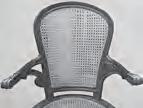



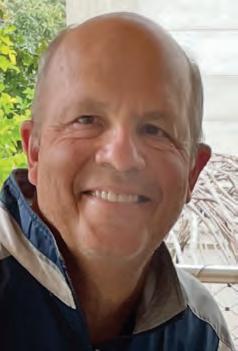
BARASH: It is with broken hearts that we announce the passing of Mark Barash on Sept. 8, 2025. Mark died peacefully surrounded by his family. Born on May 5, 1955, in New York, he worked hard to create the opportunities he wanted. At an early age, he published his own New York sports newspaper, became a radio disc jockey, served as the in-stadium play-byplay announcer for the New York Cosmos soccer team, and the voice of the New York Stars football team. Later, he became the regular sportscaster for major TV stations in Fresno, California, and Detroit, Michigan. In 1984, he was hired by WPXI-TV in Pittsburgh, where he served as program director and operations manager for 31 years. He was also the creator and station manager of the PCNC cable station. He brought major syndicated programs to Pittsburgh like “Jeopardy Fortune” and “Judge Judy.” He helped secure media rights for local events like the Three Rivers Regatta, the Celebrate the Season Parade, the July 4th fireworks, Pittsburgh Pirates Baseball, and the WPXI Carol Sing. He was an extremely creative and innovative individual who never lacked for ideas. He was dynamic, unique, talented and brilliant. Mark is survived by his wife, Allison Caveglia Barash, son Jason (Jesse), daughter Marissa (Dylan), and grandchildren Jordana, Shai and Myla, and his sister, Sheila. Services were held at Temple Ohav Shalom. Interment private. In lieu of flowers, the family requests donations be made to the Lewy Body Dementia Association or Animal Friends. Arrangements entrusted to Ralph Schugar Chapel Inc. schugar.com
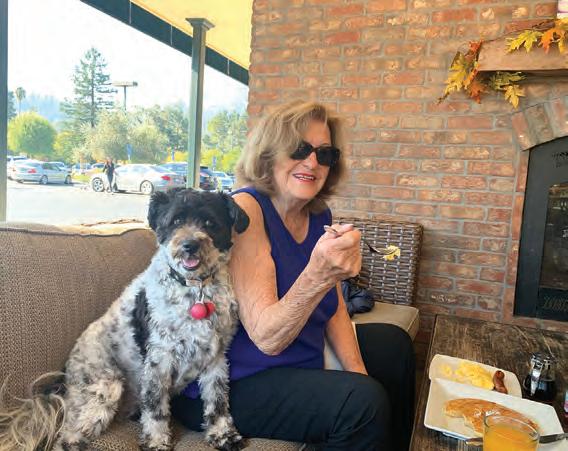
she never looked back. Marcia lived a meaningful and productive life. She was a trailblazer for women of her generation, with a lifelong commitment to social justice causes. She was an English major at San Francisco State University, and earned a master’s degree in social welfare from U.C. Berkeley. As a social worker, she was a court-appointed advocate for children who had suffered abuse, and worked in the field of mental health. Over the years, our mom tried her hand working as a travel agent, a realtor and a substitute teacher. But her passion was politics; she was a tireless community organizer and committed political campaign manager. When not working, she volunteered as an ESL teacher, delivered meals to the homebound and supported local causes. She believed in hope and change. Our mom loved jazz, opera and classical music. She sang, played piano, and wrote clever ditties that expressed her great sense of humor and love of wordplay. She watched musicals and old classic movies. She was a formidable Scrabble player. Marcia enjoyed the creative arts, world travel, good food and being in nature — especially the redwood forests and rugged beaches of Northern California. She loved animals of all kinds. Our mom never lost her curiosity about life. She remained adventurous and free-spirited. She was not a conformist; she lived an authentic life, valuing independence. Marcia, our mom, was generous, sensitive, resilient and kind. She lived her life passionately, always seizing the day, never hesitating to take risks. Our Mom will be missed deeply by us, her daughters; her beloved dog, Cookie; and the community of people who knew and loved her.
HERMAN: On Monday, Sept. 8, 2025, Sue Herman passed unexpectedly, leaving behind a deep well of love and memories. Beloved wife of Ronald Herman. Loving mother of Lisa Hurst and devoted mother-in-law to Kevin Hurst. Cherished sister of the late Stuart Segal, who affection ately called her “Sissy,” a nickname used by her family throughout her life. Sister-in-law of Rona and Golde Holtzman, and Dr. Sheldon and Vicki Herman. Adoring grandmother of Tyler Hurst. Treasured aunt of Dana (Nitzan) Yerovam, Barney (Robin) Holtzman, Amy and Staci Segal. Great-aunt to Itia and Arianna Yerovam, and to Micah and Sam Holtzman. Also survived by her lifelong friend, Joanne Binder Preston. Sue was the founder and longtime president of the Willie Segal B’nai B’rith chapter, a role she held dear as a way of honoring and continuing her father’s legacy. Sue was joyful, bubbly and deeply social. She loved to talk and truly connect. Her warmth was matched by her sense of style. Sue was always dressed for the occasion, and she lit up every room she entered. More than anything, Sue loved her family. The birth of her daughter, Lisa, was one of the greatest joys of her life. But perhaps nothing lit up her heart more than her grandson, Tyler. She was lovingly known as Mummum, and Tyler was the light of her world. She loved him deeply, and nothing brought her more happiness than watching him grow and thrive. Sue will be remembered not just for how she lived, but for how deeply she made others feel loved. Her memory will live on in the stories we tell, the meals we share and the love she gave so freely. Services and interment private. In lieu of flowers, contributions may be made to St. Jude Children’s Research Hospital (stjude.org). Arrangements entrusted to Ralph Schugar Chapel, Inc. schugar.com
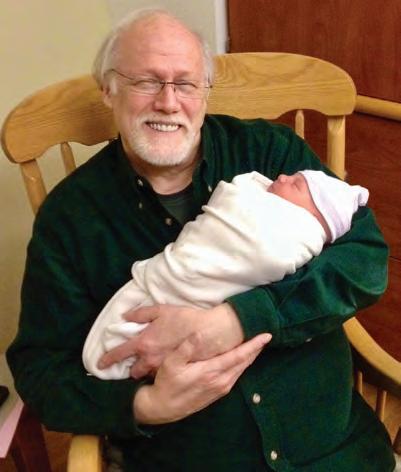
MARCOVSKY: Gerald B. Marcovsky, age 81, died on Thursday, Sept. 11, 2025, peacefully in his sleep after a long illness. He is predeceased by his parents, the late Rosalind and Abraham Marcovsky, and brother David Marcovsky. He is survived by his loving wife of 59 years, Robin, devoted sons, Andrew and Stephen, beloved daughters-in-law, Tiffany and Susan, and grandchildren, Ellie, Jack and Abbey. Also survived by sister Lynne and brother-in-law Mark Frank. Services were held at Ralph Schugar Chapel, Inc. Interment West View Cemetery of Rodef Shalom Congregation. Contributions may be made to the Alzheimer’s Association, (alz.org) or a charity of your choice. schugar.com
PATT: Marcia June Patt (née Goldstock), June 6, 1934 – Sept. 8, 2025. Our mom, Marcia June Goldstock, was born in Pittsburgh in 1934. In 1960, she headed west to Northern California and
RECK: Jeffrey Ira Reck, of Squirrel Hill, passed away on Tuesday, Sept. 9, 2025, at the age of 75. Born on Sept. 5, 1950, he was the son of the late Salven and Bertha (Nestler) Reck. He was a dedicated husband, father, grandfather and brother who cherished his family above all else. He is survived by his beloved wife, Annie Reck; his daughters eather Jones (husband Michael Jones) and Erika Reid (husband Tom Reid, daughter Layla Reid); and his siblings Susan Reck Mahfood, Wayne Reck, Ronald Reck, Harold Reck and Michelle Reck DeNomme. Services and interment private. Arrangements entrusted to Ralph Schugar Chapel, Inc. schugar.com
Please see Obituaries, page 27
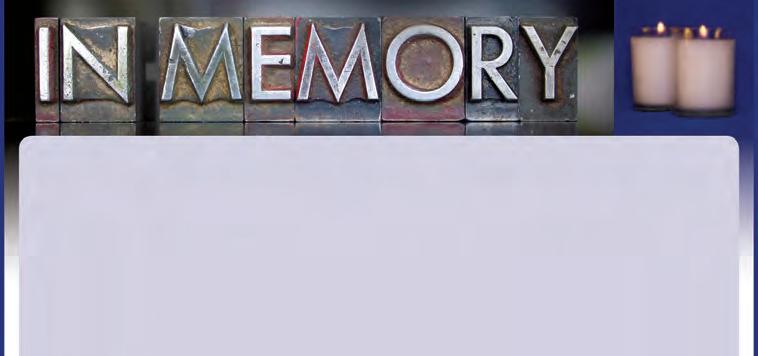
Jewish Association on Aging gratefully acknowledges contributions from the following: A gift from ... In memory of...
Rachel Letty Americus .Leo Morris Americus
Rachel Letty Americus
Bessie Taback Americus
Sarah Carson .Sam Carson
Lois S Crone
Richard S Crone
Barbara Shaer DeLuce . . . . Sandor Shaer
Christine Dobrushin
Norma Dobrushin
Susan Goldstein .Pauline Marcus
Joan Israel .Sylvan J Israel
Sylvia & Norman Elias
Norman & Sylvia Elias
.Fay Ruth Frank
.Kenneth C Elias
Dana & Cheryl Kaufman Marlene Rofey Kaufman
Steven Kohane
Regina Kotlyar
Carol Margolis . . Sarah Lynn Simon DuPré
Richard, Mindy, & Logan Stadler . . Barbara Goldstein
















Contact the Development department at 412-586-2690 or development@jaapgh.org for more information. THIS WEEK’S YAHRZEITS —












Sunday September 21: Annie Lazier Barovsky, Samuel Caplan, Alexander Cohen, Paula Cohen, Richard Crone, Fannie Dubin, Mathilda Horn, Lillian Koss, Lena Levine, Morris Marks, Evelyn Pearlstein, Sam Ruben, Sally Schaffler, Dr Stanley M Taxay, Edward Weinberger, Abraham Zwibel
Monday September 22: Maurice Robert Colker, Benjamin F Cooper, Irving Farbstein, Jack H Goldstone, Solomon Lehman, Max Levine, Jesse Levy, Beulah Lobl, Philip Seltzer, Minnie C Serrins,Isadore Simon, Sheldon N Topp, Herman Louis Turk
Tuesday September 23: Anna Chinn, Anne Betty Frand, Louis Frischman, Henry Goldberg, Lena Roscow Goldberg, Sorali E Lubarsky, Marilyn Hope Manela, Jack N Pearlman, Sandor Shaer, Samuel Silverblatt, Karl Solomon, David Terner
Wednesday September 24: Morris Barnett, Jacob Borovetz, Jennie Cohen, Stella H Cohen, Harold Dunhoff, Melvin Gordon, Arlane Horewitz, Harry Hostein, Sylvan Joseph Israel, Aron Mayer, Abraham Volkin, Ida R Weiss, Gertrude Zubin
Thursday September 25: Julius Abrams, Minnie Berman, Edythe Gelman Buchman, Bella G Cohen, Sylvia Diamond, Harry Frieman, Charles B . Goldstein, Nathan Lupovich, Stella Smith Madenberg, Harry Mittleman, Meyer Sachnoff, Louis Sadowsky, Nellie R Tobin, Agnes Venig, Leon Verk
Friday September 26: Hyman Berman, Sarah Brown, Sarah Lynn DuPré, Yeruchem Fireman, Harry Abe Geduldig, Albert Goldblum, M .D , Pearl Gould, Nathan Lautman, Sarah Reich Moses, Anna B Papernick, Solomon Paul, Sarah Persky, Isaac Sissman, Jacob Zwibel
Saturday September 27: William Glick, Beatrice Barnett Goldhamer, Ida E Goldstein, Marlene Rofey Kaufman, Samuel Sandor Klein, Marcus Landman, Gertrude Lieb, Pauline Marcus, Jacob M Mogilowitz, Helen Moskovitz, Jennie Routman, Harry Soffer, Isadore Steinman, Norman Weizenbaum, Morris L Wolf, Jacob Zinman
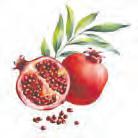
e Ryave Brody Family and the entire sta of Ralph Schugar Chapel






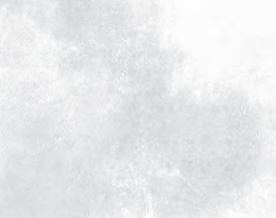
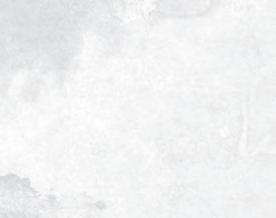
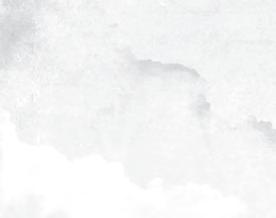
“You never know how strong you are until being strong is the only choice you have.”


Obituaries:
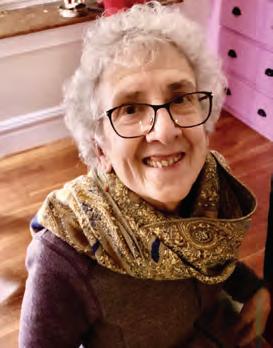
Continued from page 27
SHERMAN: Rochelle “Shellie” Ava Sherman (Levy), May 24, 1947–Aug. 29, 2025, age 78, passed away peacefully on Aug. 29, 2025.Shellie was a weaver, painter, printmaker, photographer, collagist and mixed media artist whose creativity touched the lives of countless people. A lifelong artist, she shared her vision andpassion through her work, which was shown in numerous galleries and venues. Shellie was deeply committed to her community and to the ideals she held dear. Born in LosAngeles, in her early life she was active in Hashomer Hatzair, which led her to live in Israel from1968 until returning to the United States in 1980. While in Israel, she earned a B.A. from Hebrew University, met her beloved husband, Aryeh Sherman, and together they raised three sons.Upon returning to the U.S., Shellie settled with her family in Philadelphia, where she earned herM.A. from the University of Pennsylvania and worked at Moore College of Art and the Universityof Pennsylvania. Later, the family moved to Pittsburgh, where Shellie worked at CarnegieMellon University. She was an active member of Congregation Dor Hadash, where she foundcommunity and connection, and also devoted time to helping refugees settle in the United States, offering kindness and support to those starting new lives.Shellie is survived by her beloved family: her sisters Chaviva Hollman (Mo) and Navah Wolrich(Stanley); her husband, Aryeh; her sons Yaniv (Shawna), Ilan, and Moshe (Kate); and her grandchildren, Aster, Razi, Ori, Jayla, Zamir and Zinnia. She is also survived by her sister- and brother-in-law Sheila Richman and Kenny Sherman, as well as nieces and nephews Chananit, Lila, David, Maiah, Aaron, Bryan, Geoffrey, Sarah, Eti, Yaron and Shiran, along with many otherbeloved family members and friends. She is predeceased by her parents, Evelyn and Seymour Levy, her in-laws, Milton and Sylvia Sherman, and her nephew David. A graveside service and interment were held on Aug. 31, 2025, at Homewood Cemetery, Star of David section. In honor of Shellie’s memory and her lifelong dedication to community, art and connection, the family invites you to make a contribution to a charity of your choice or to causes that reflect her values. Arrangements were entrusted to Ralph Schugar Chapel, Inc. schugar.com




TAUBERG: Phyllis Marcus Tauberg, on Sunday, Sept. 14, 2025. Beloved wife of the late Norman B. Tauberg; loving mother of Stuart (Beth) Tauberg and James Tauberg. Sister of the late Murray Marcus. Survived by sisters-in-law Rita Tauberg, Shirley Blau and Roberta Tepper. Devoted grandmother of Alex Tauberg (Holly Donovan) and Mindy Tauberg (Scott Hollingsworth). Proud great-grandmother of River Hollingsworth. Also survived by many loving nieces and nephews. The family expresses their heartfelt thanks and eternal gratitude to Phyllis’ caregivers, Laurie Vaughn, Shonte Hinton, Keisha Smith and Ashaki Rattliff for their love, care and devotion. Services were held at Ralph Schugar Chapel, Inc. Interment West View Cemetery of Rodef Shalom Congregation. In lieu of flowers, contributions may be made to a charity of the donor’s choice. schugar.com
WOLFE: Elaine Gail (Roffman) Wolfe, 84, passed away peacefully at home on Sept. 10, 2025, surrounded by her loving family. Elaine was a beloved wife, mother, grandmother and cherished member of the Temple David community. She was born on Nov. 16, 1940, in Baltimore, Maryland, and married Harvey Wolfe, on Sept. 13, 1959. Together they raised four children, Dr. Andrew (Roni) Wolfe, Bonnie (Ted) Bloom, Rabbi Stephanie Wolfe, and Shoshanah (Brian) Drake, and were blessed with five grandchildren, Kira Wolfe, Molly Wolfe, Trevor Drake, Sarah (Jonathan) Stone and Paige Lang, all of whom brought her endless joy. Elaine’s heart was most at home in the kitchen. An extraordinary cook and baker, she poured love into every dish she prepared, and her happiest moments were spent sharing meals and laughter with family and friends. Her devotion extended deeply into her spiritual community at Temple David, where she was an integral presence for decades. In the 1970s, Elaine served as secretary to Rabbi Jason Edelstein and continued to serve the temple with passion and purpose throughout her life. Among her many contributions, she organized and ran an off-site blood bank for over 30 years to honor her father’s memory, a cause deeply meaningful to her. She also served as Sisterhood president, principal of the religious school, and produced the Yizkor memorial book since 2011. As her children grew older, Elaine worked for the Jewish Federation of Greater Pittsburgh as a secretary in the communications department, where her talents for organization and dedication shone just as brightly as they did in her volunteer work. Elaine lived a life of love, service and community. She nurtured her family with the same dedication she gave to Temple David and everyone fortunate enough to know her. Her warmth, her generosity and her boundless energy will be deeply missed but forever cherished. She leaves behind a legacy of devotion to family, faith and friendship, a legacy that will live on in the lives she touched. Services were held at Ralph Schugar Chapel. Interment Temple Sinai Memorial Park. In lieu of flowers, donations may be made to the Harvey and Elaine Wolfe Rabbinic Chair Endowment at Temple David, 4415 Northern Pike, Monroeville, PA 15146. schugar.com PJC
Shomer Yehuda, deceased March 2023, of Pittsburgh, Pennsylvania No. 022303058
Avrahom. M Cohen, Administrator; & Elchonon Friedman Co-Administrator; P.O. Box 8202, Pittsburgh, PA 15217 or to Kim A. Bodnar, Esquire, 304 Ross Street, Suite 701, Pittsburgh, PA 15219

Contact me today to discuss all of your real estate needs!
Sherri Mayer, Realtor Squirrel Hill Office C: 412-760-0412 O: 412-421-9121x225 sherrimayer@howardhanna.com HowardHanna.com

5125 Fifth Ave. 2 & 3 Bedrooms Corner of Fifth and Wilkins Spacious 1500-2250 square feet ”Finest in Shadyside” 412-661-4456 www.kaminrealty.kamin.com






5 TIMES A WEEK.
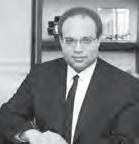


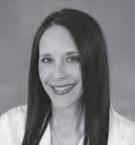


Smith-Rosenthal Team
Jason A. Smith & Caryn Rosenthal
Jason: 412-969-2930 | Caryn: 412-389-1695 Jasonasmith@howardhanna.com Carynrosenthal@howardhanna.com

5501 Baum Blvd. Pittsburgh PA 15232 Shadyside Office | 412-361-4000
Sign up

We take pride in a holistic approach, streamlining design & construction for a smooth, e cient, and collaborative experience. Let's work together
If you're ready to get your next design project o the ground, we want to hear from you! Contact us today for a free consultation to determine if J.A. Lott Design & Associates can bring your vision to life.
“When an unexpected life event meant we had to move to a single- oor home, we turned to J.A Lott Design & Associates. eir thoughtful design made our new space not only practical and accessible, but also lled with the warmth, color, and character that re ect the life we’ve built together.”
Transforming space with ease >> Residential >> Design Build >> Hospitality Lounge 45 years of exceptional interior design in Pittsburgh


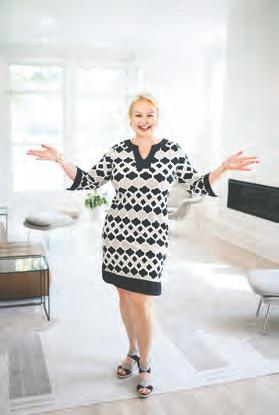














OPENHOUSESATURDAY9/20FROM11-1



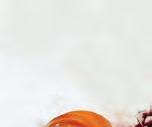
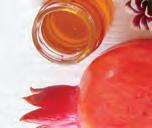
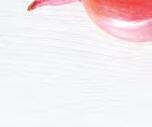



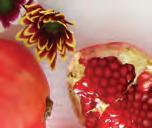
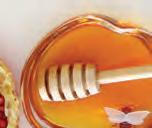














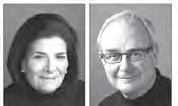





Author and senior rabbi at Temple Israel of West Palm Beach, Rabbi Jeffrey Salkin, spoke at Adat Shalom in the North Hills, in partnership with Temple Ohav Shalom, about whether it’s “OK to be angry with God.” Salkin’s Sept. 14 talk explored connections with God, even when experiencing tragic events and grief.
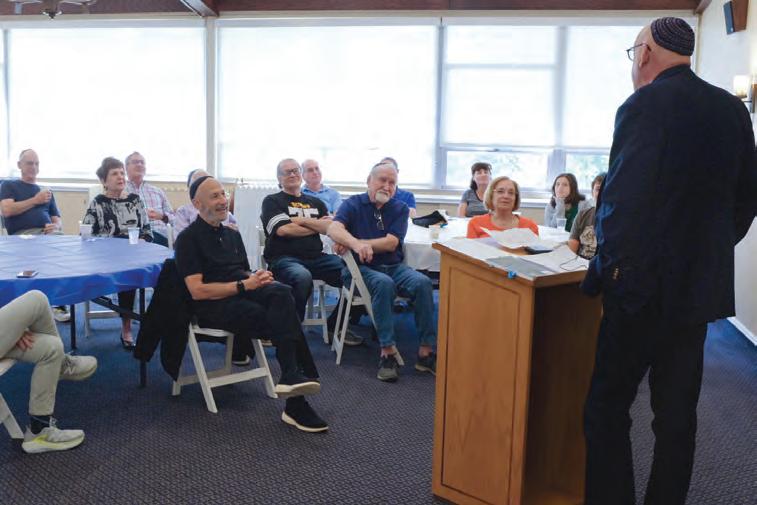
Rabbi Jonathan Perlman was honored by New Light Congregation for 15 years of service. In appreciation, the congregation presented its spiritual leader a (book used to prepare for reading from the Torah) on Sept. 7.
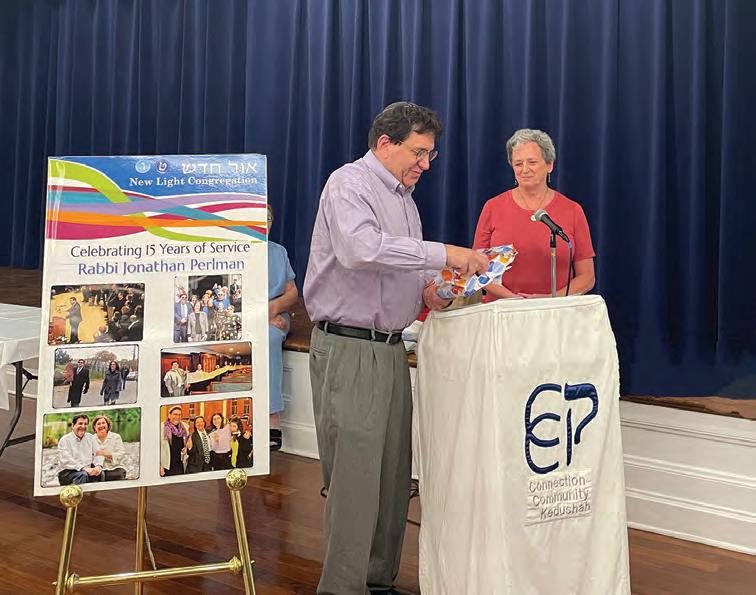
During its annual meeting on Sept. 4, Jewish Association on Aging celebrated its new
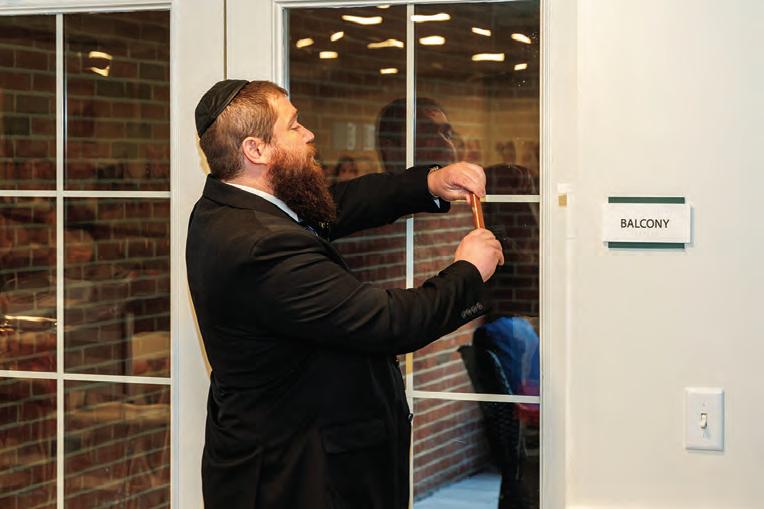
Racer X Aquatics Head Coach Jim Skirboll was named one of the top five age group coaches in the U.S. by the American Swimming Coaches Association and Fitter & Faster Swim Camps. This national recognition highlights Skirboll’s dedication to swimmer development, innovative approach to training and commitment to building a culture of excellence at Racer X Aquatics.
ing and talk.
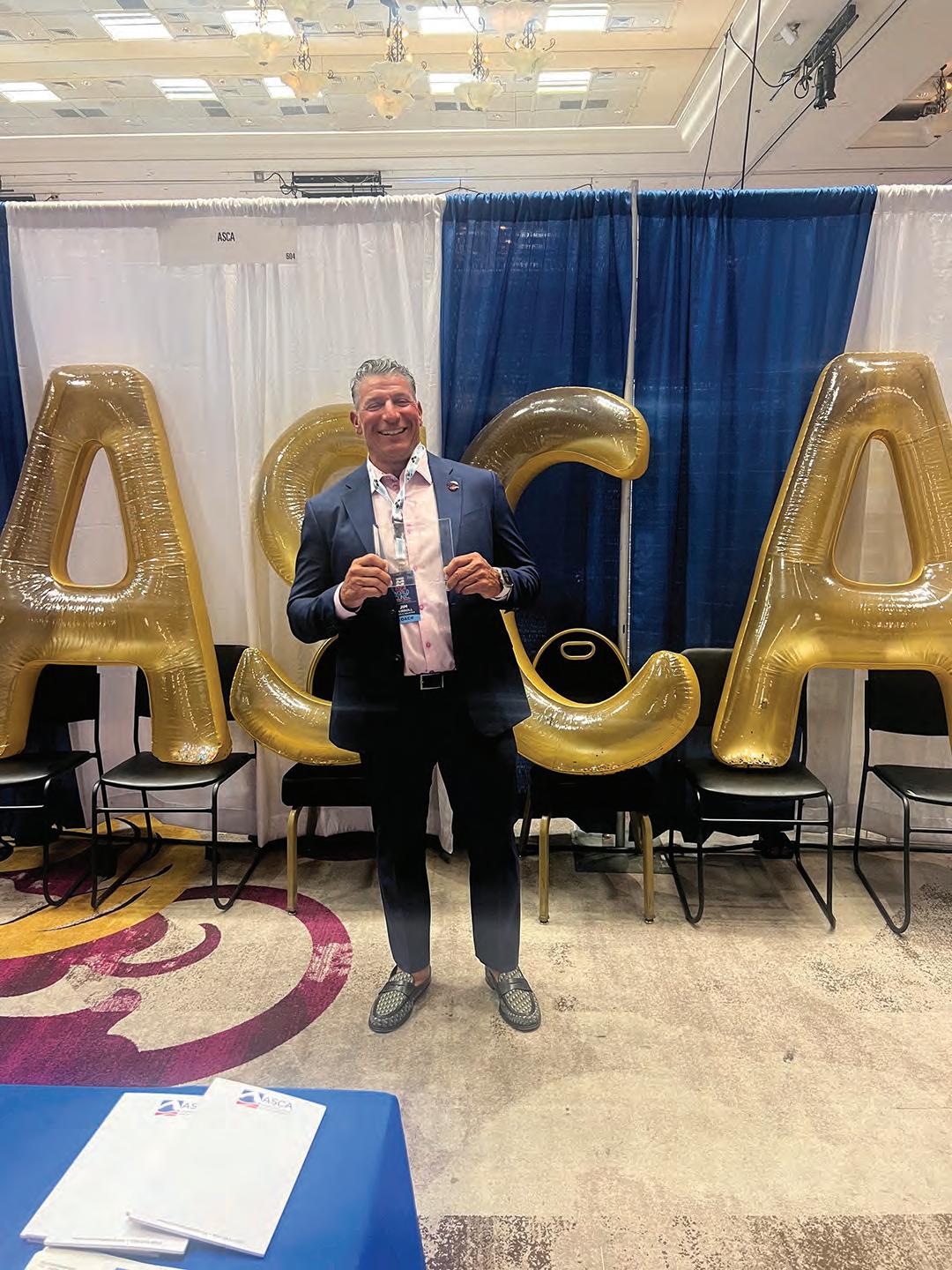
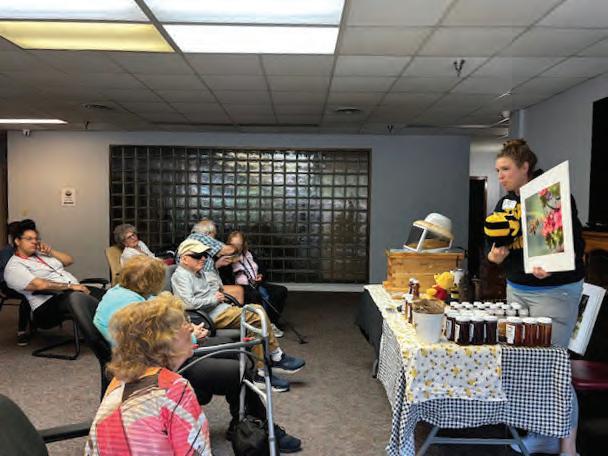

From our family to yours,
May 5786 be a happy, healthy, and sweet new year. shanah tovah uʼmetukah הקותמו הבוט הנש

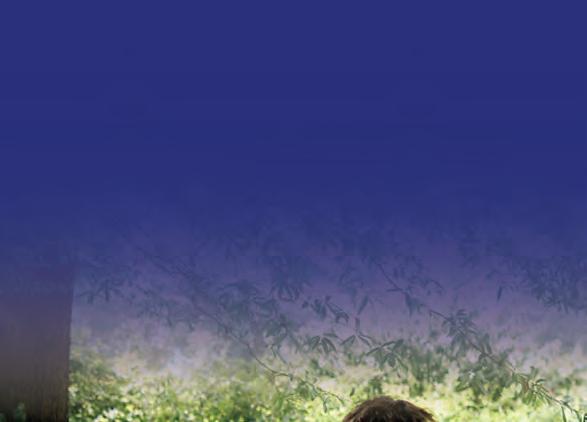

Governor Josh Shapiro Governor of the Commonwealth of Pennsylvania
